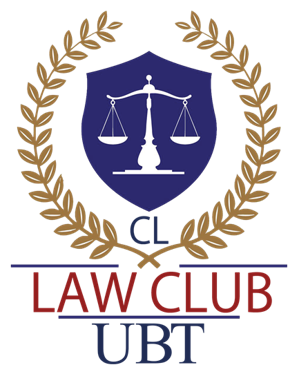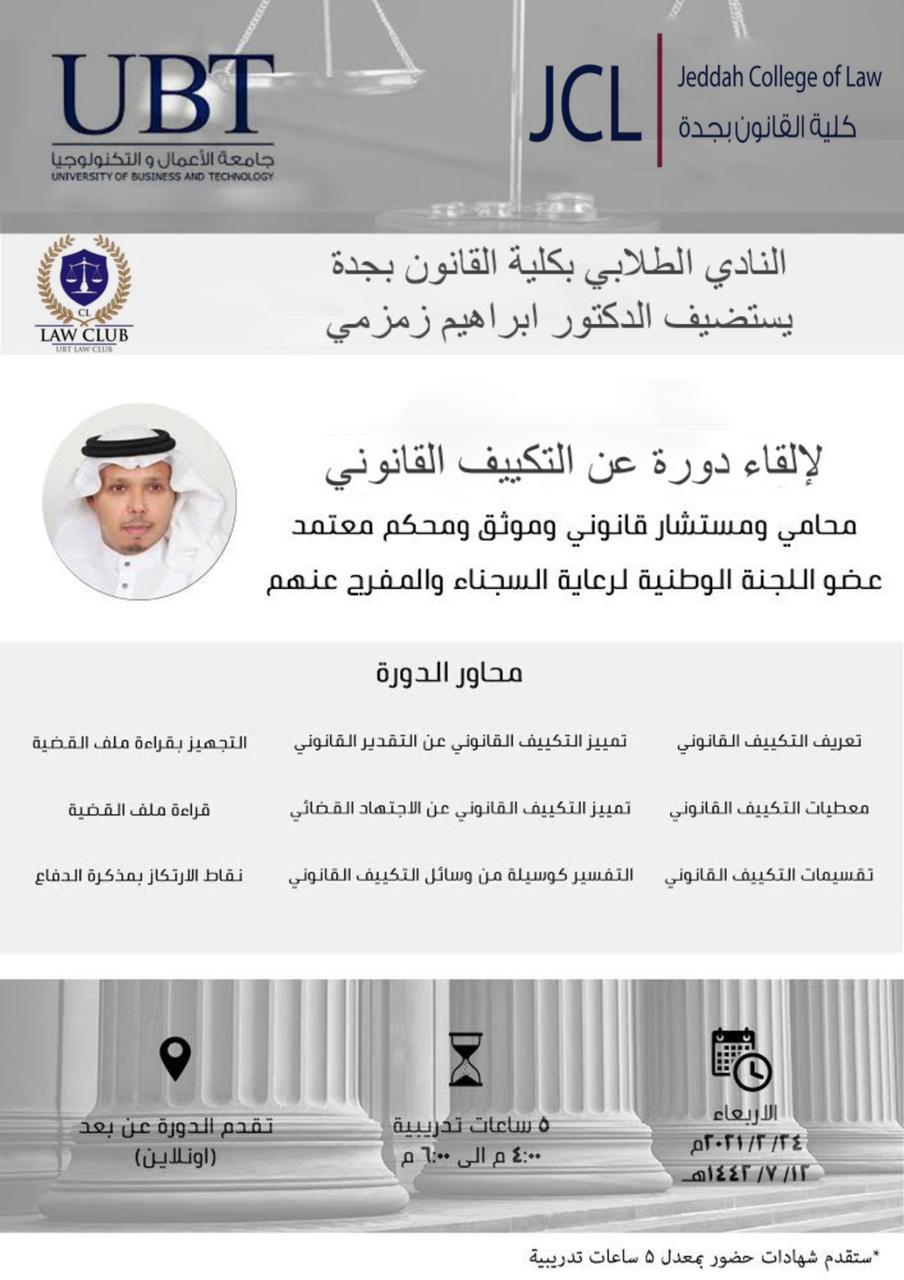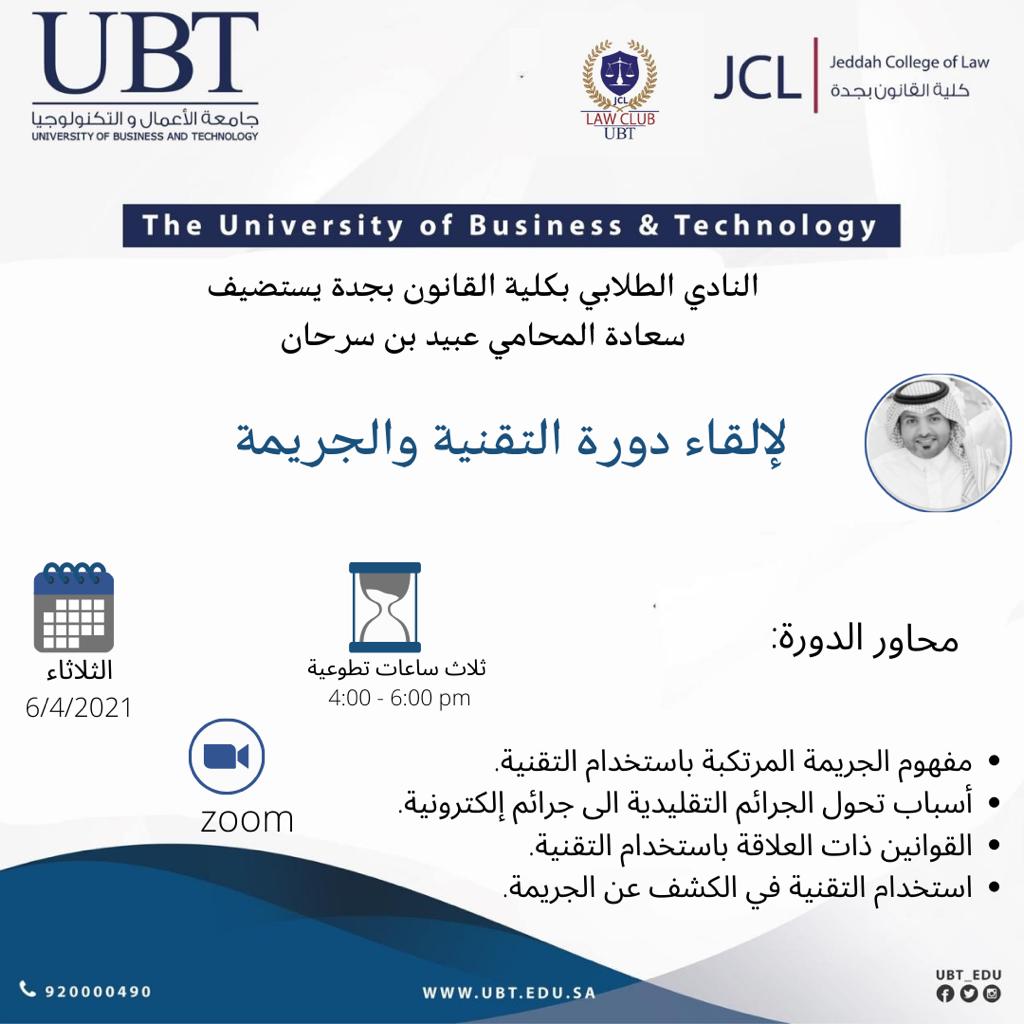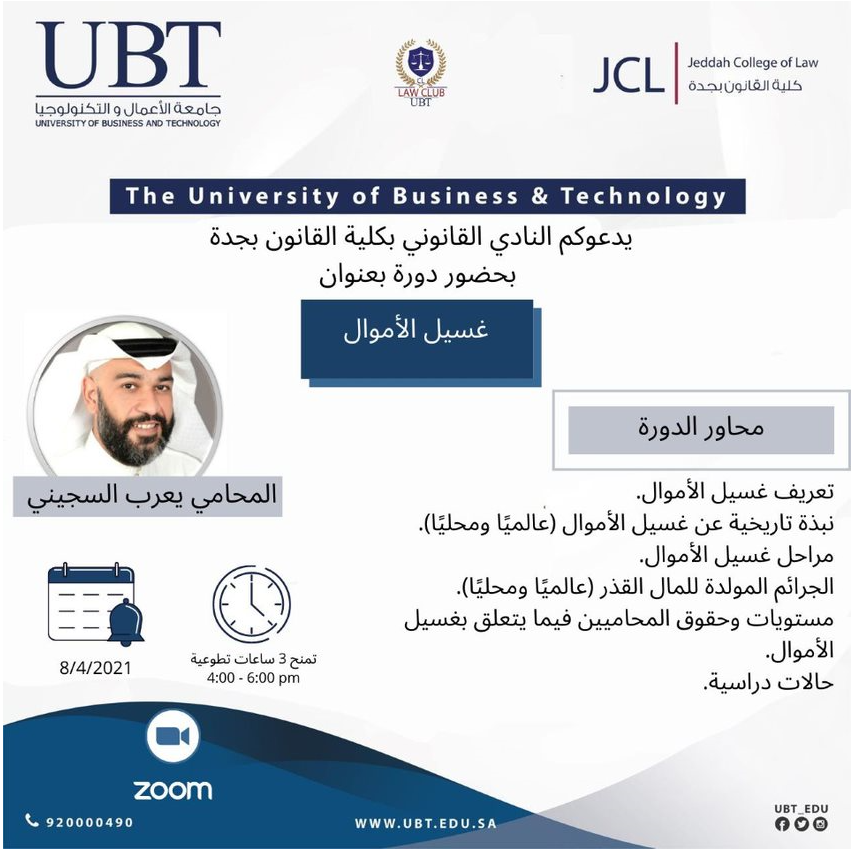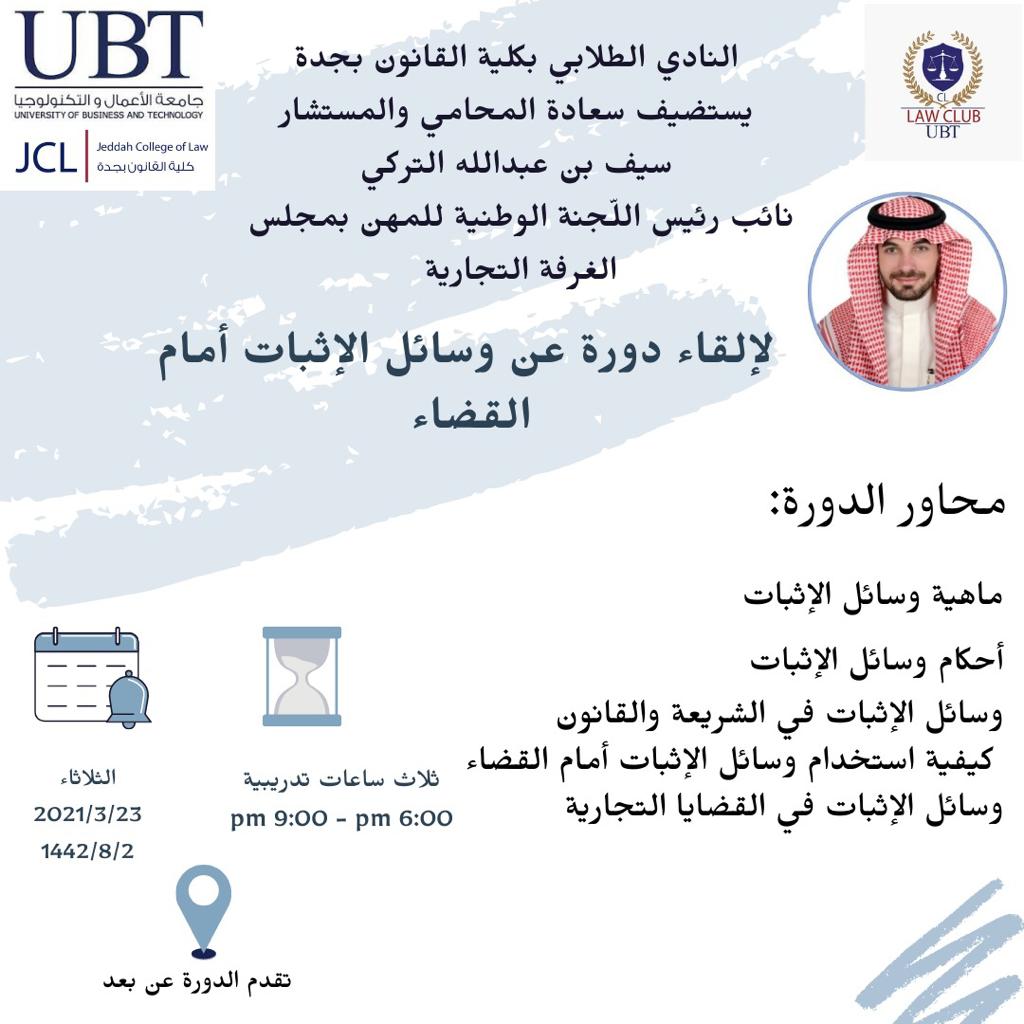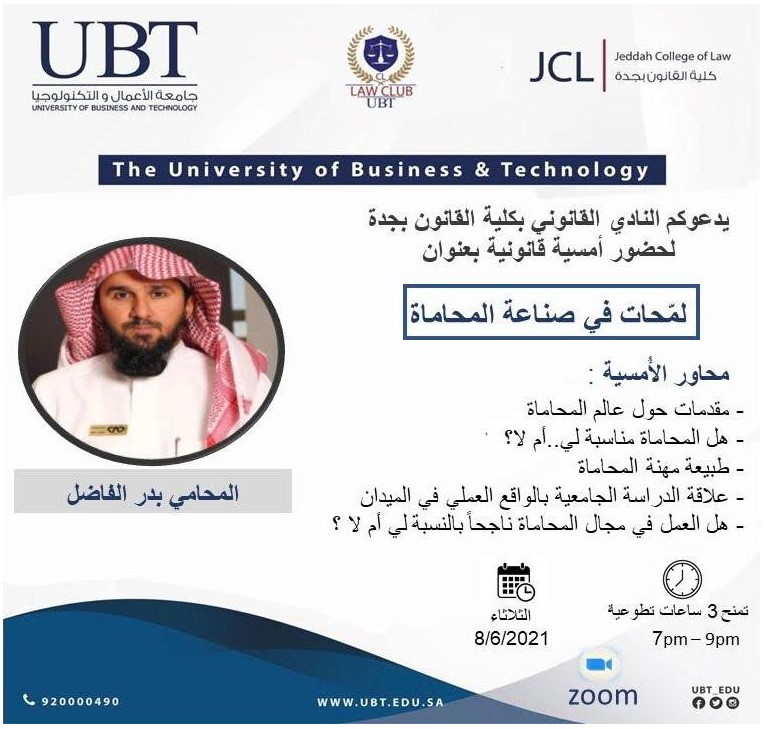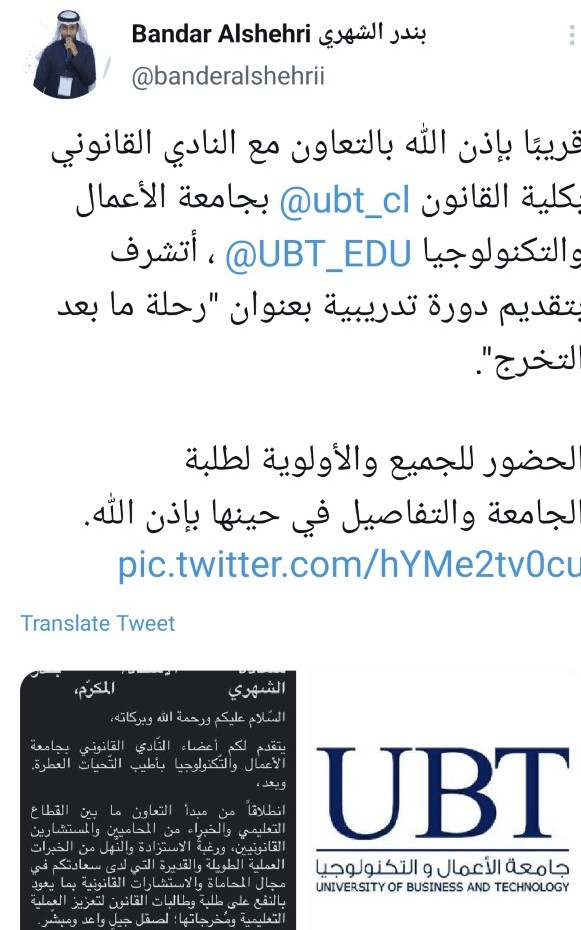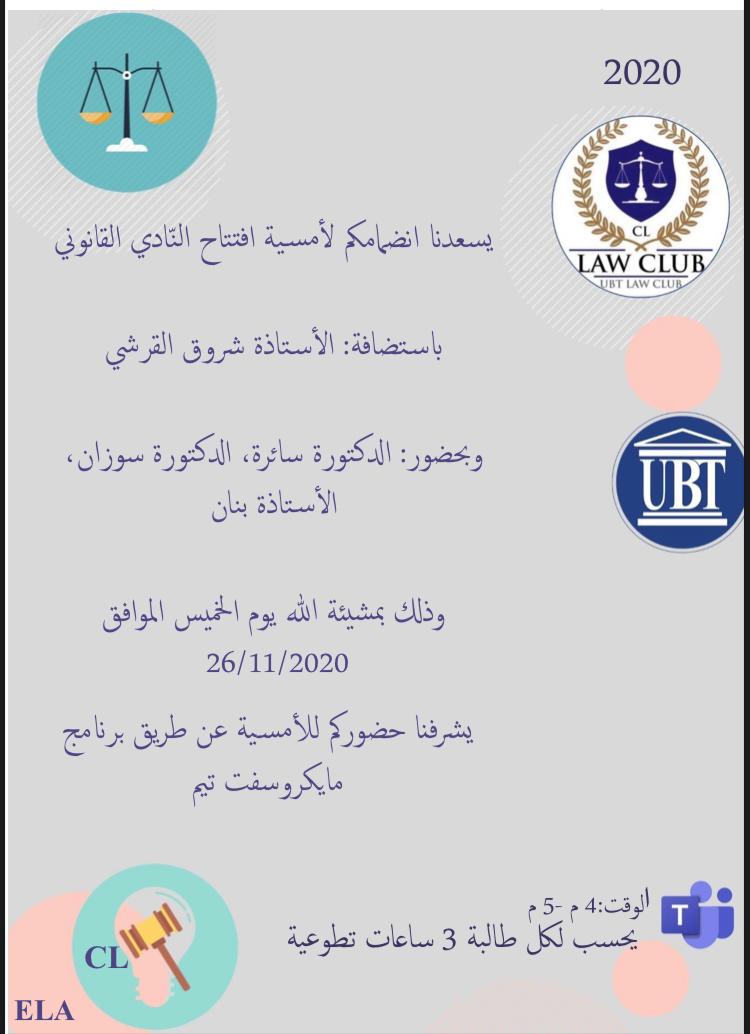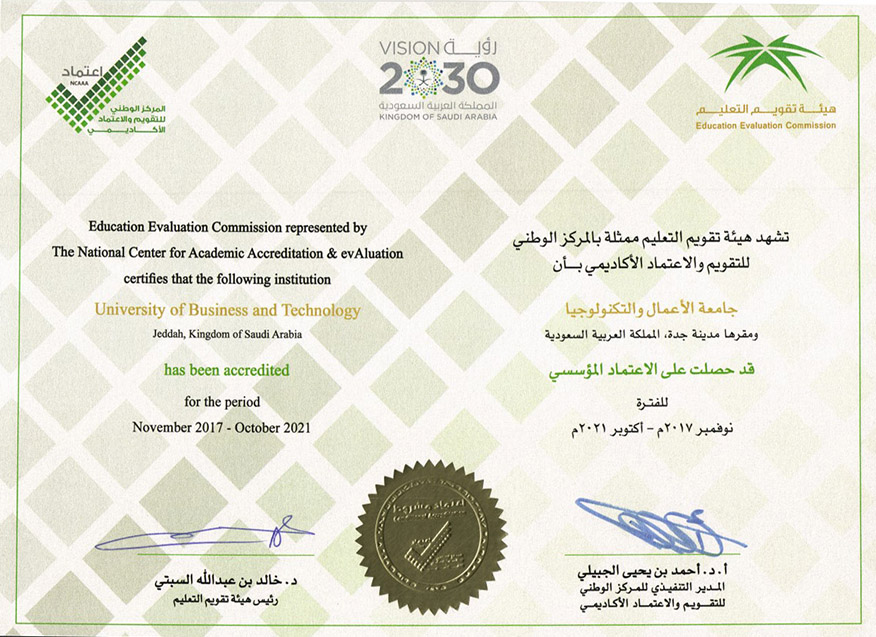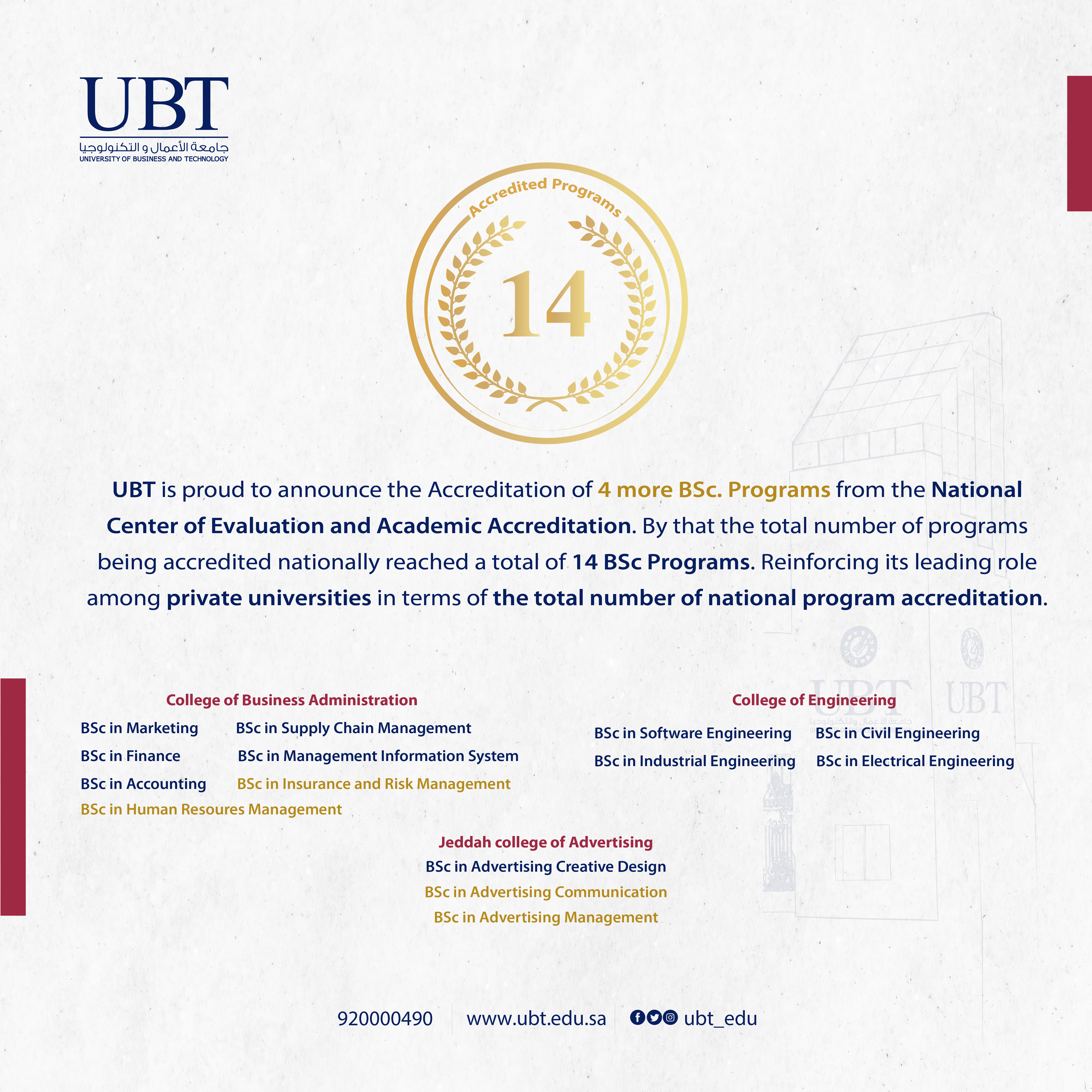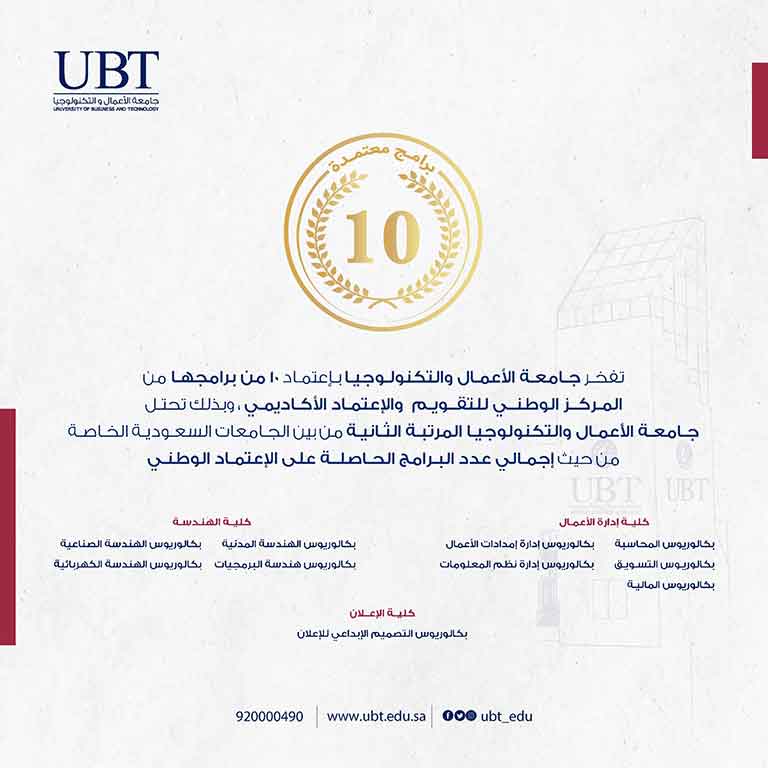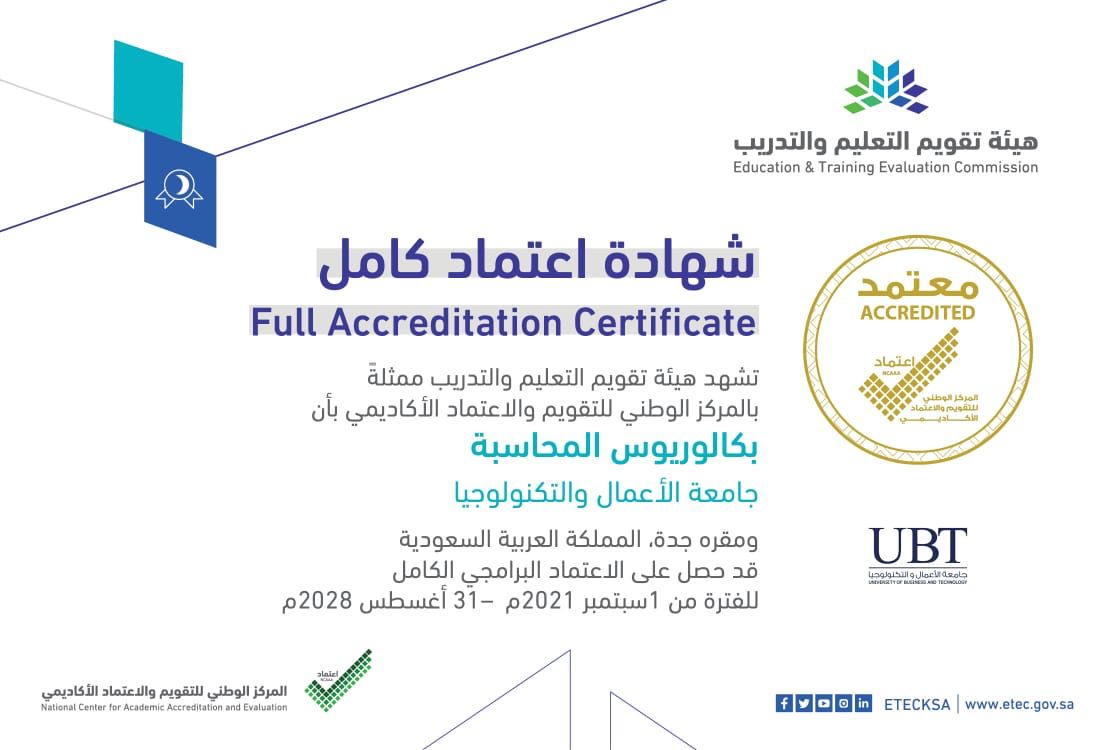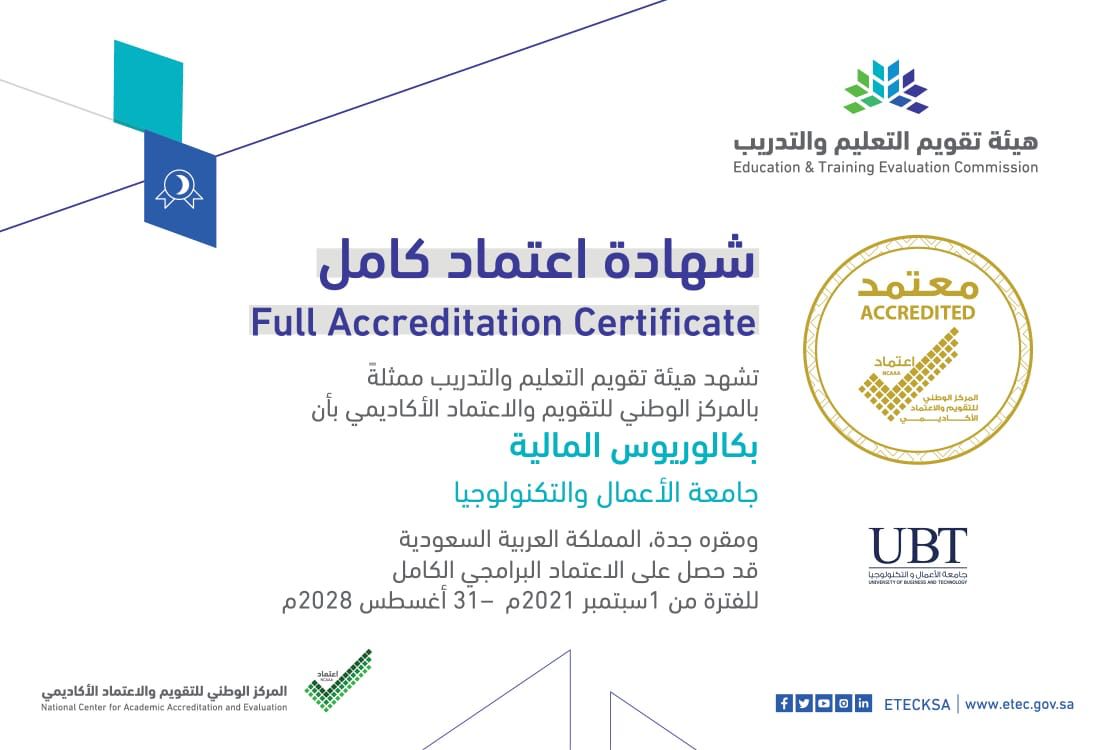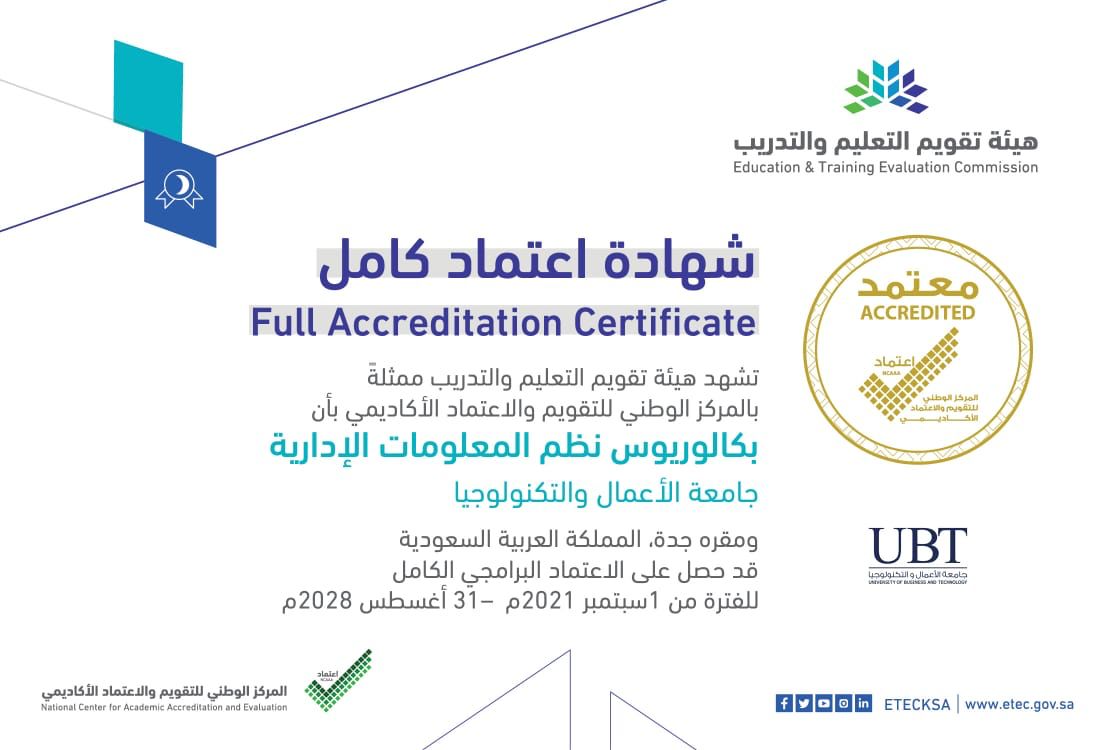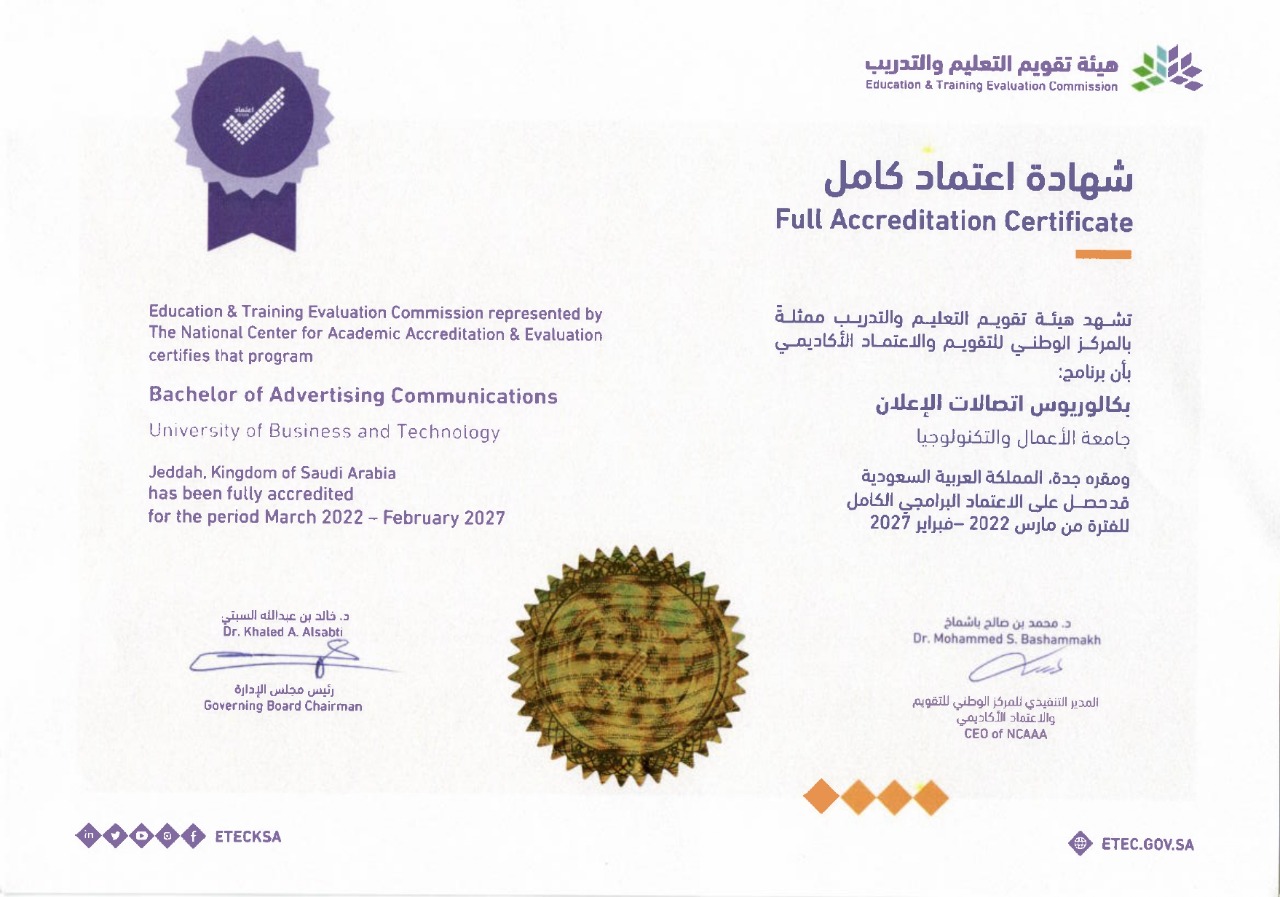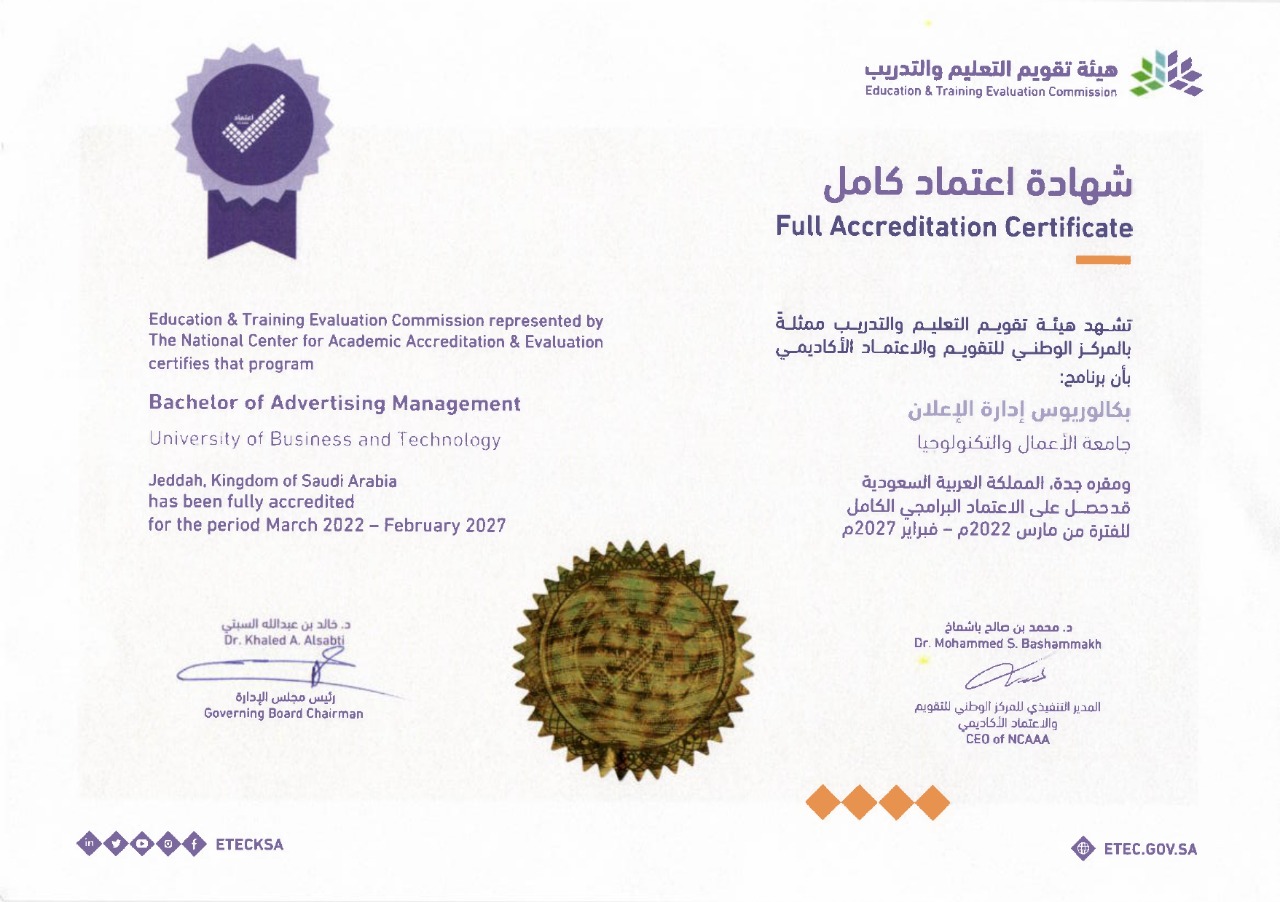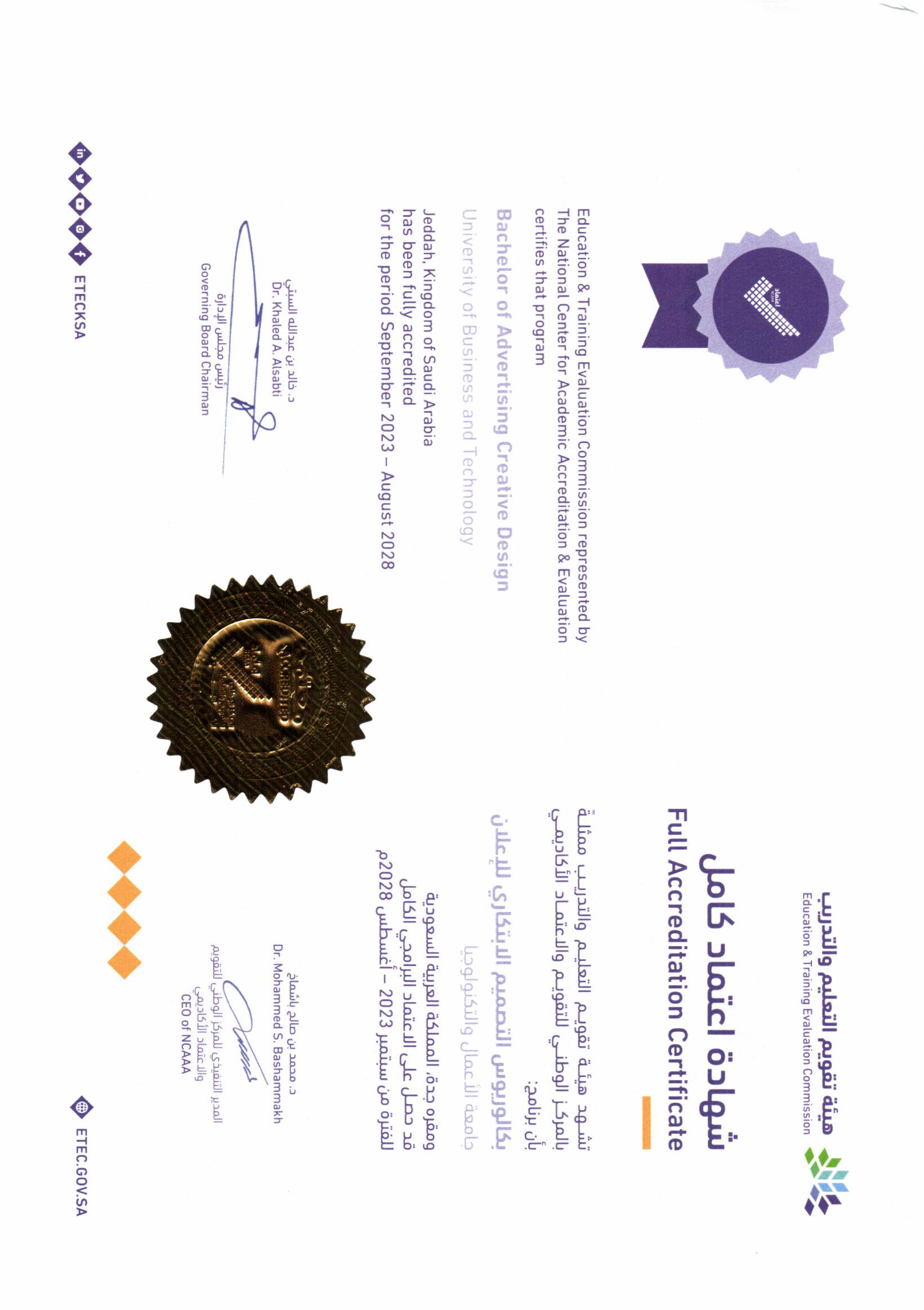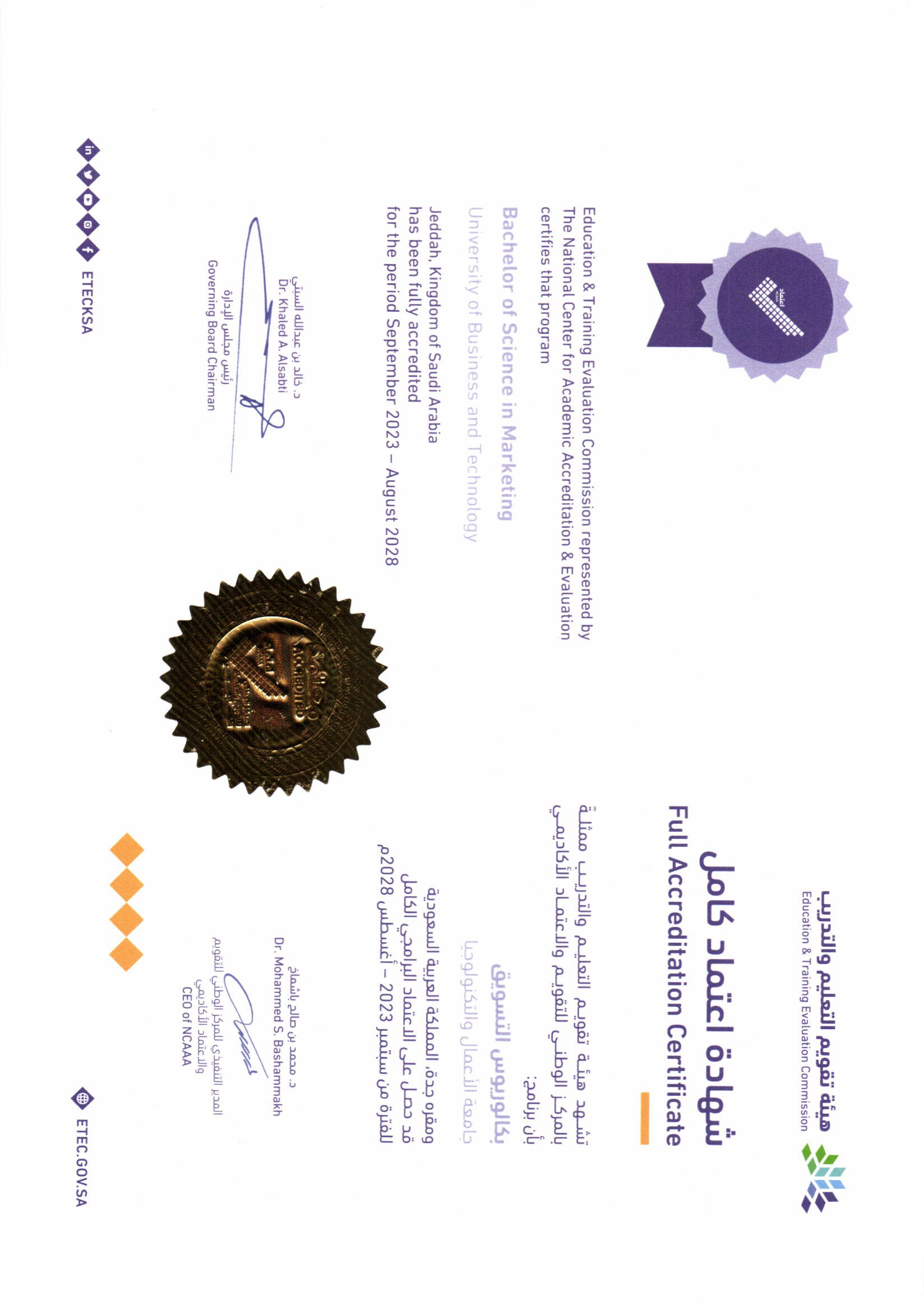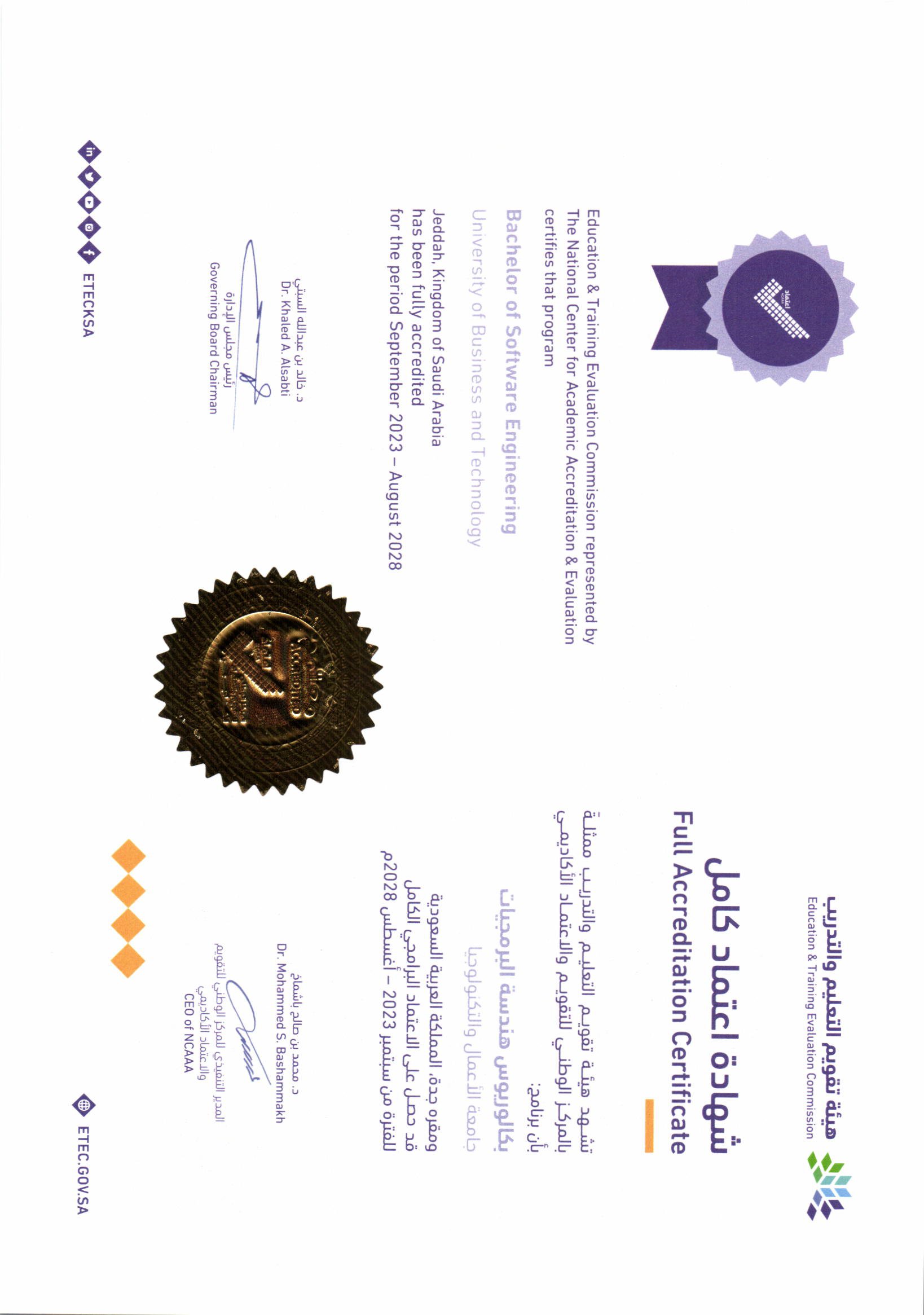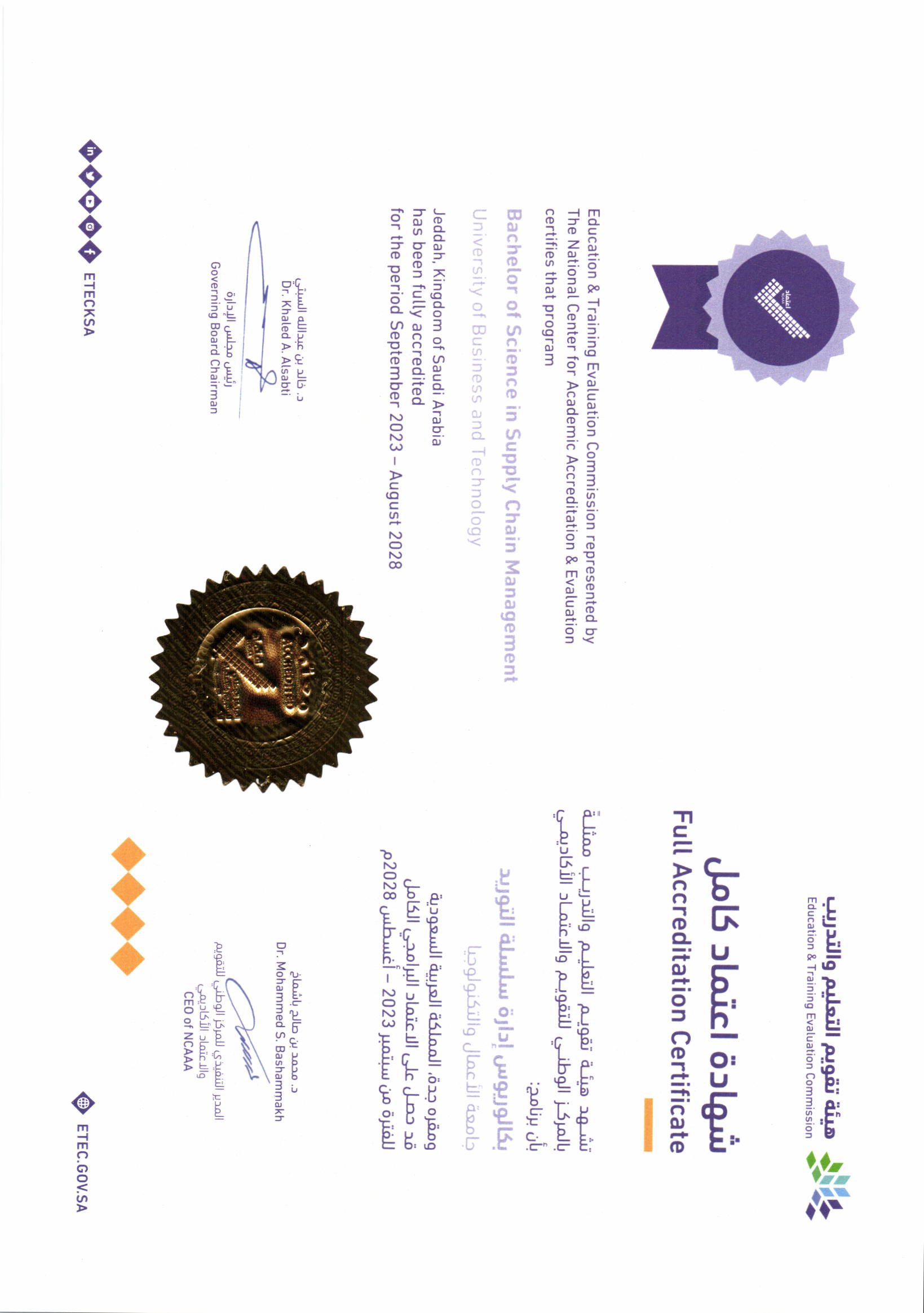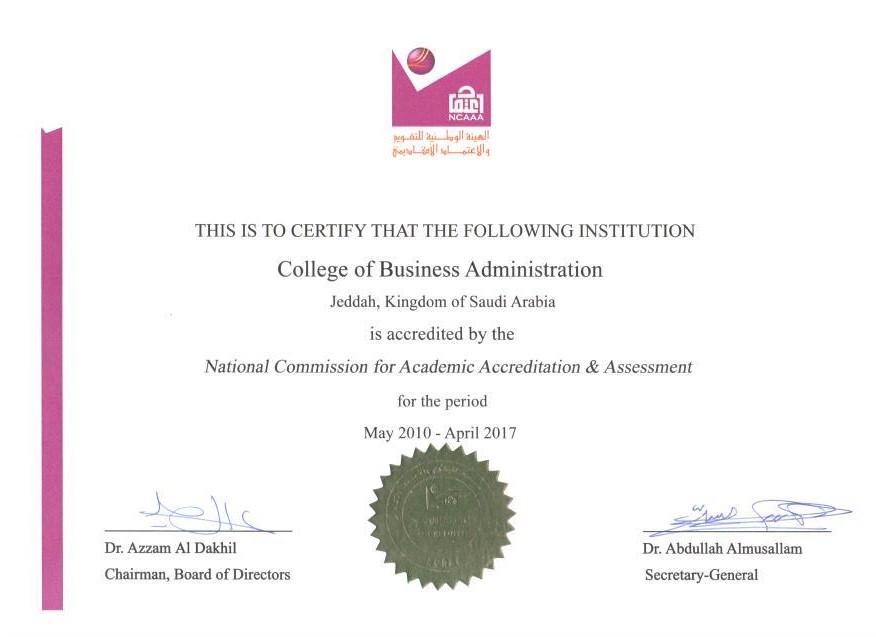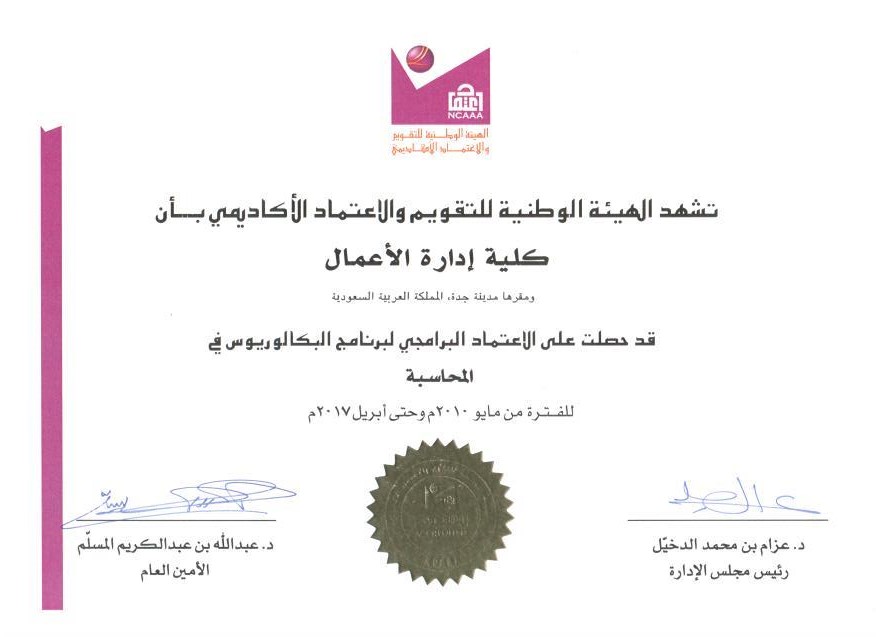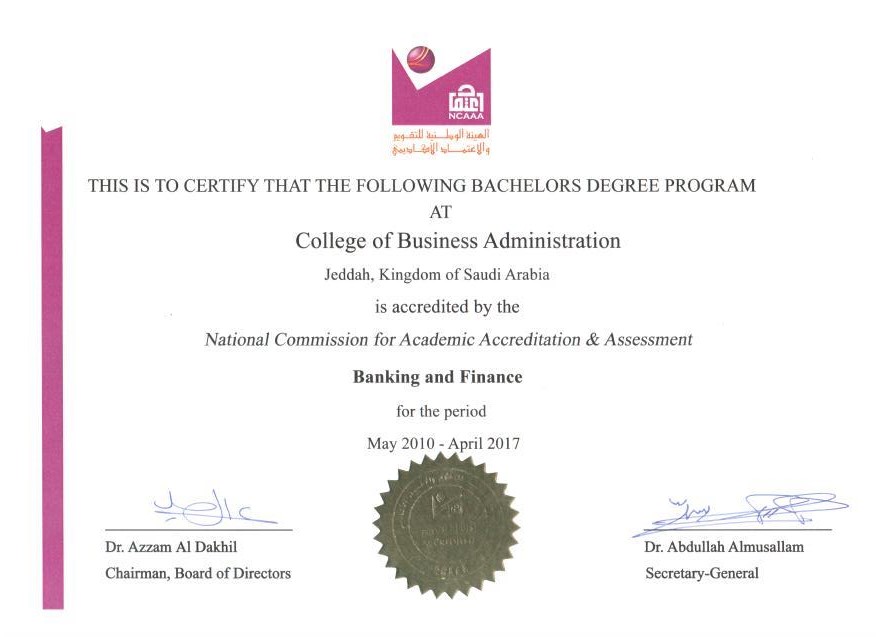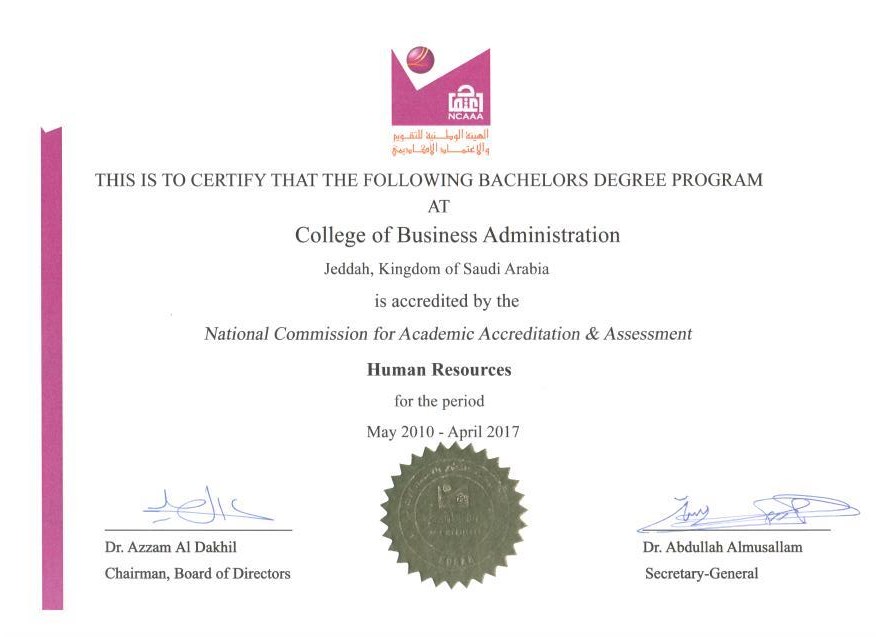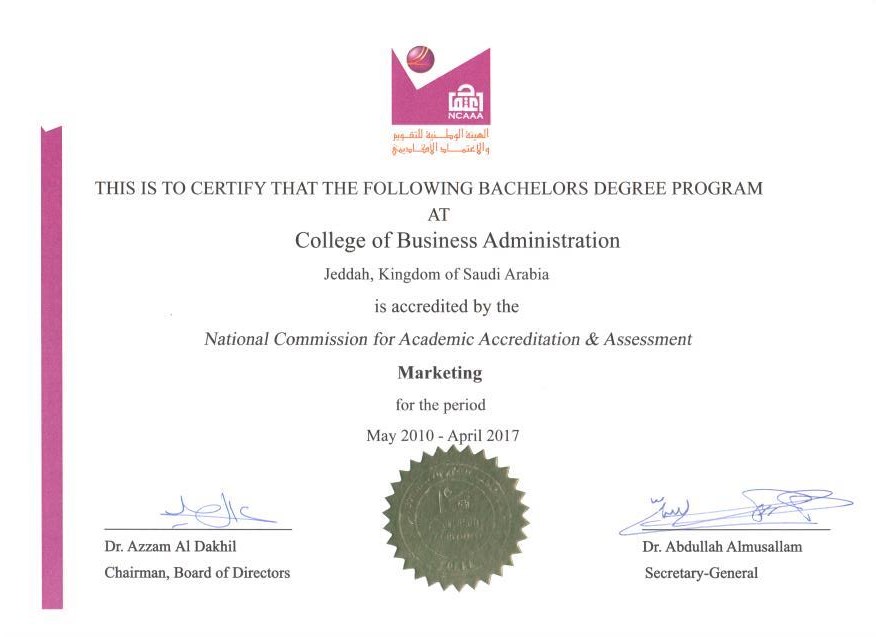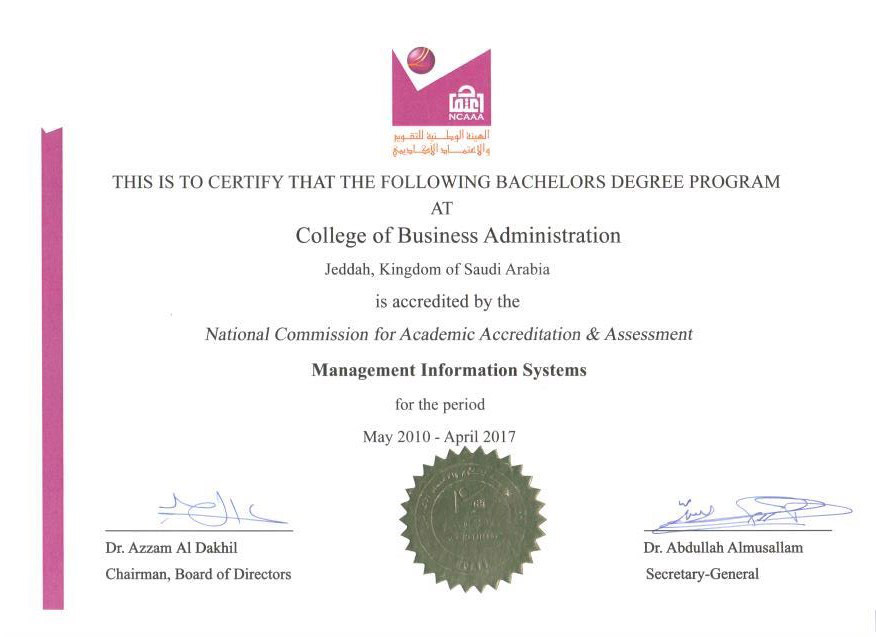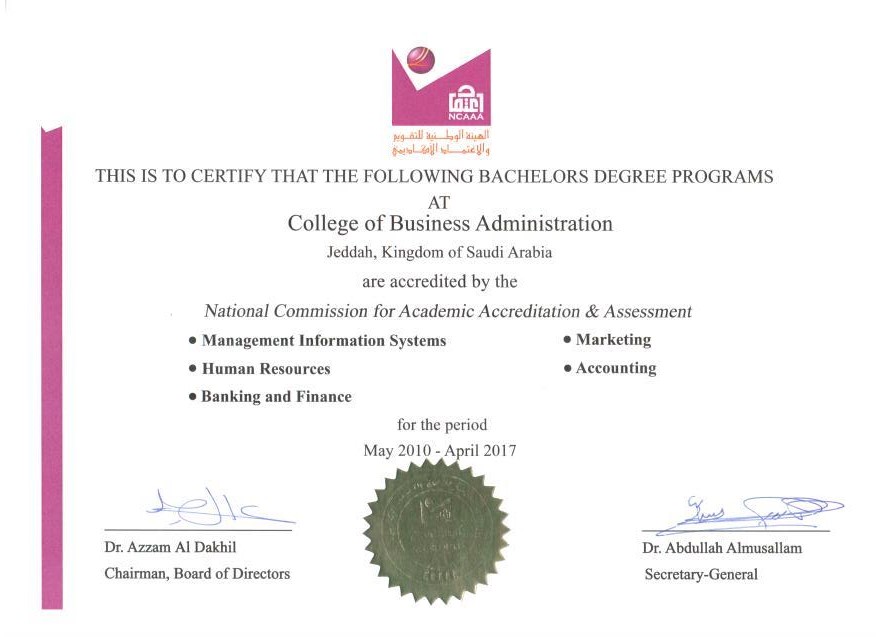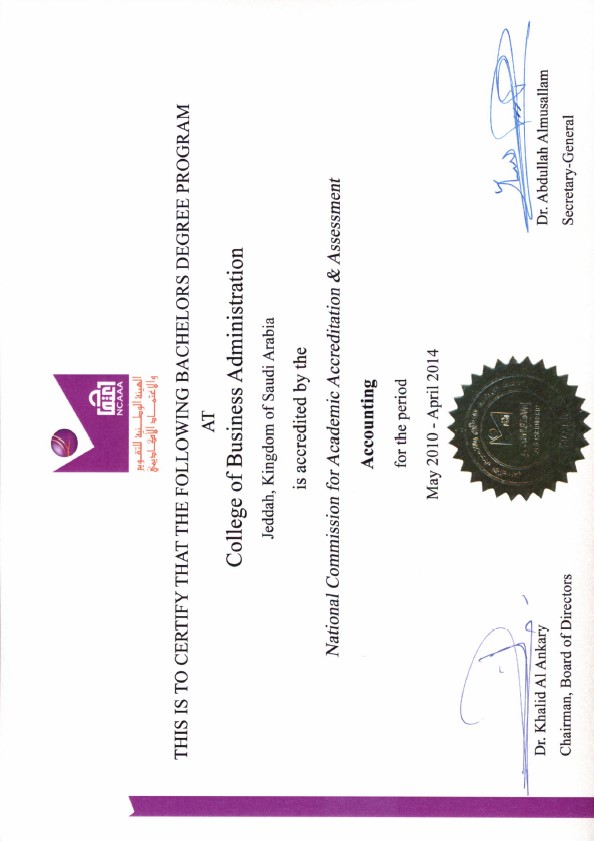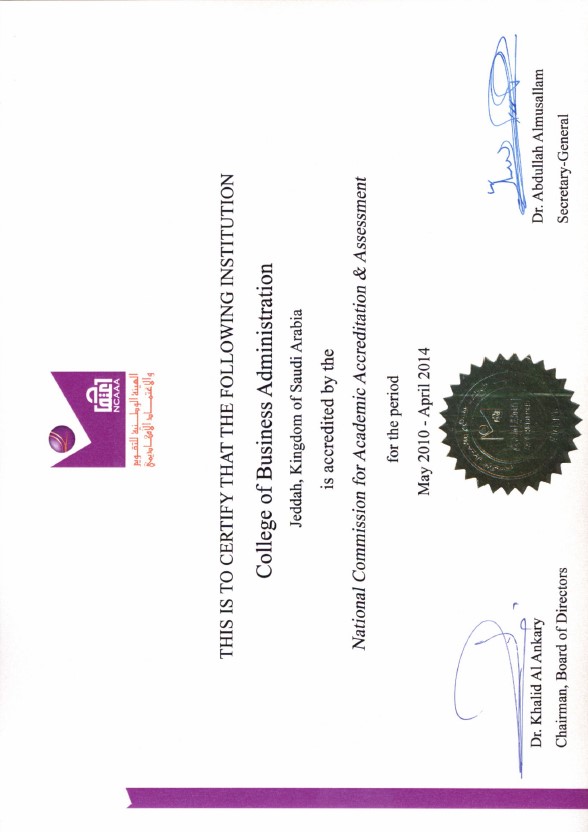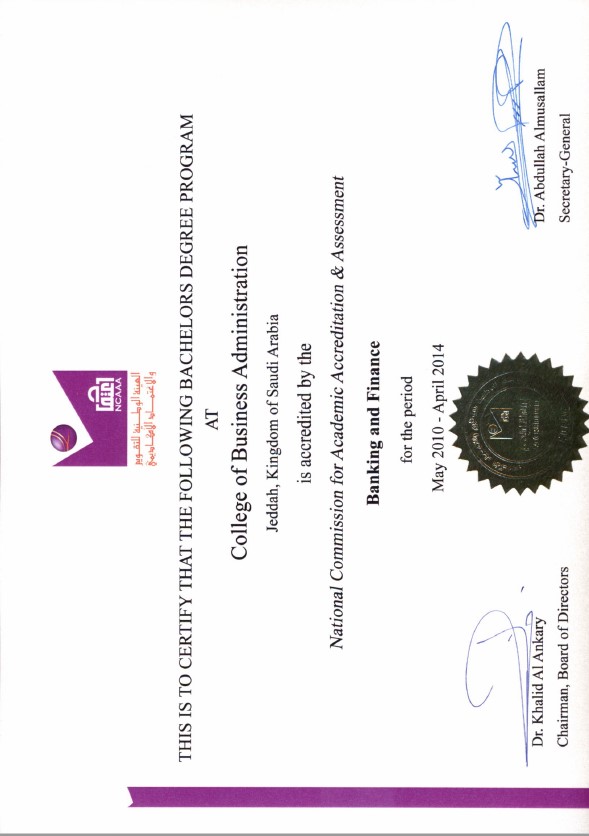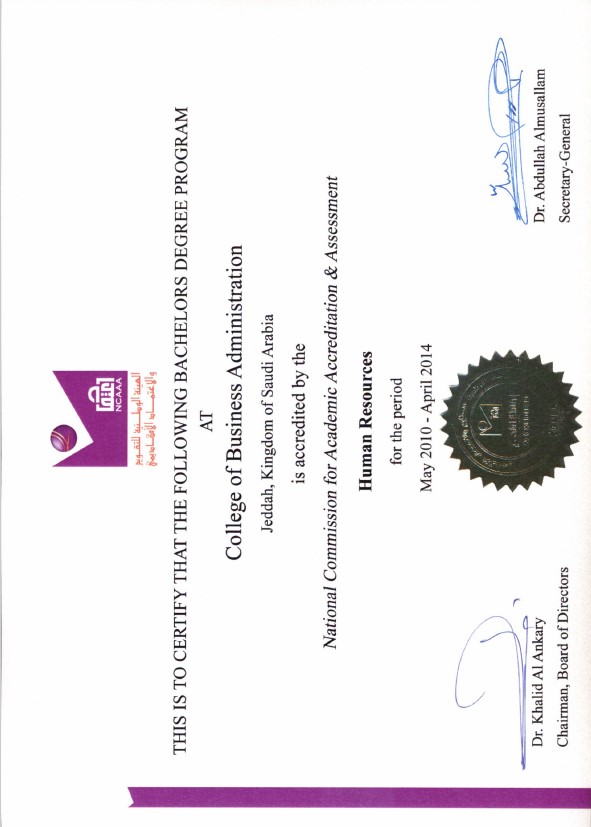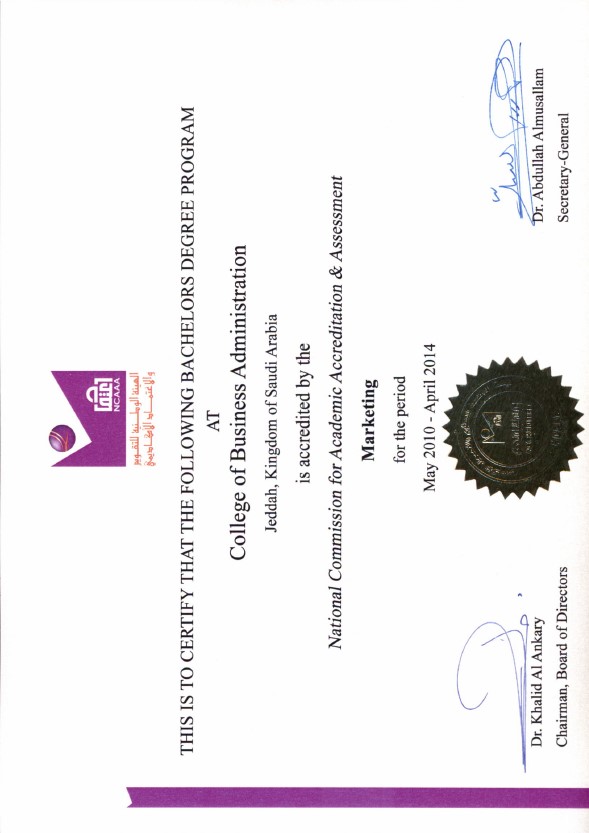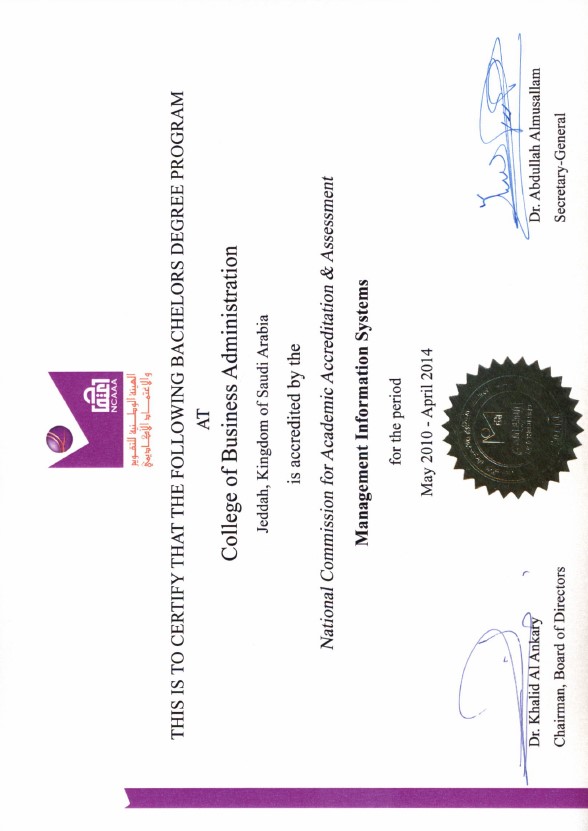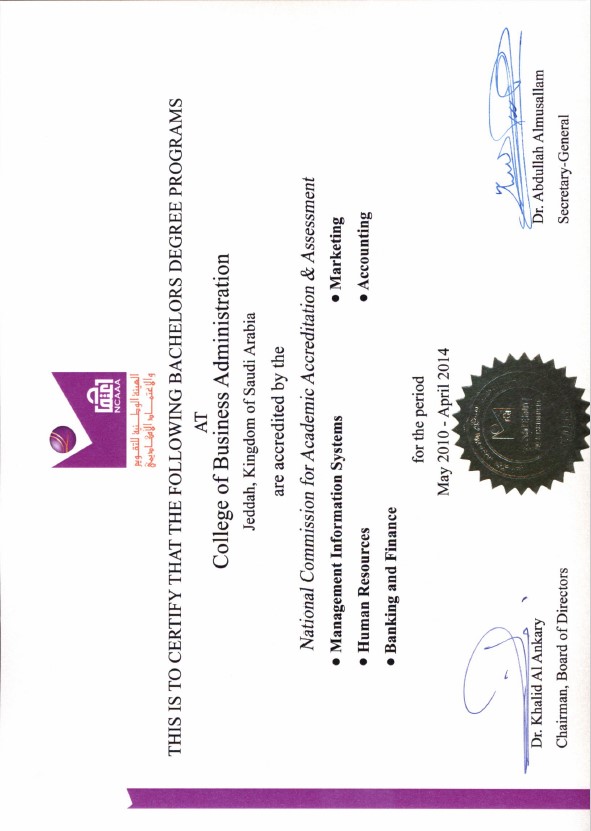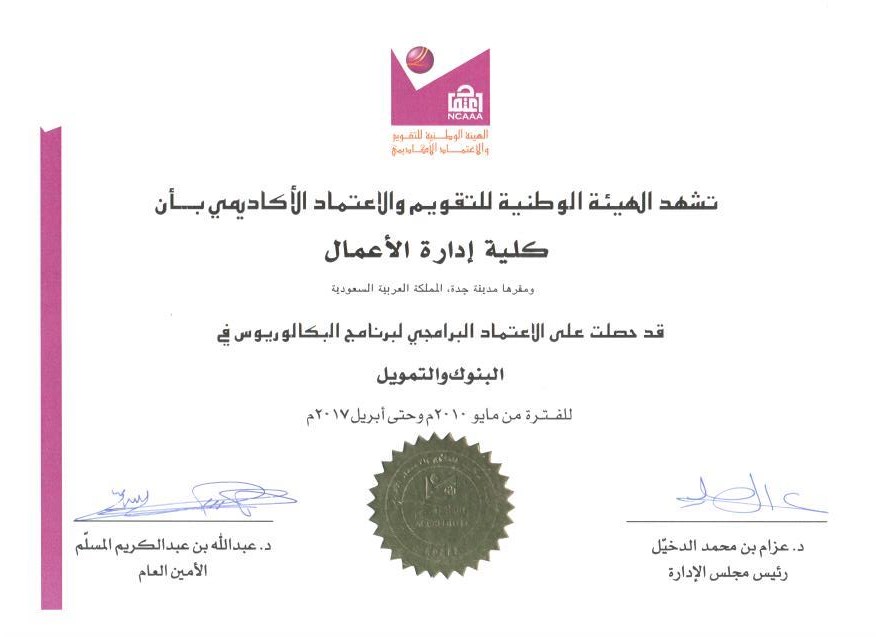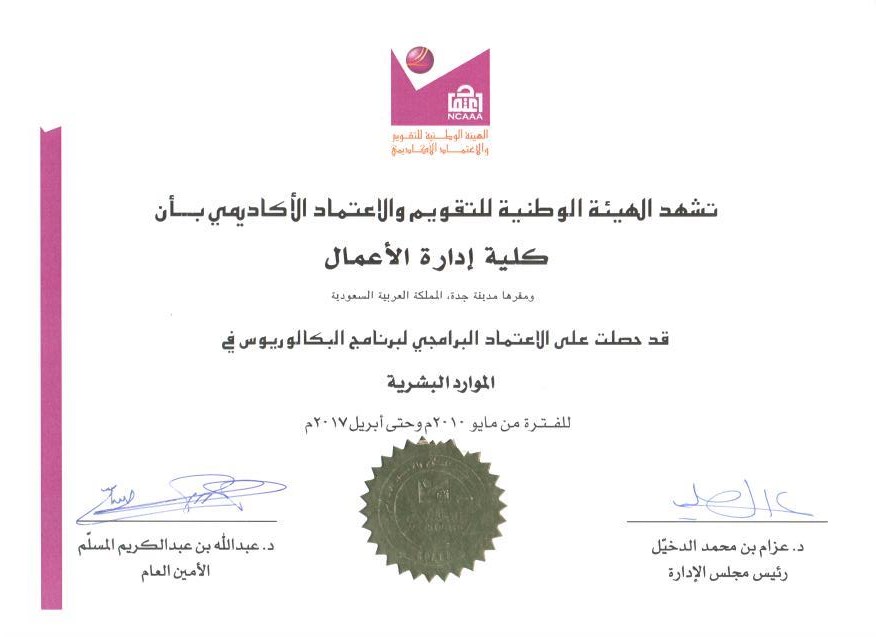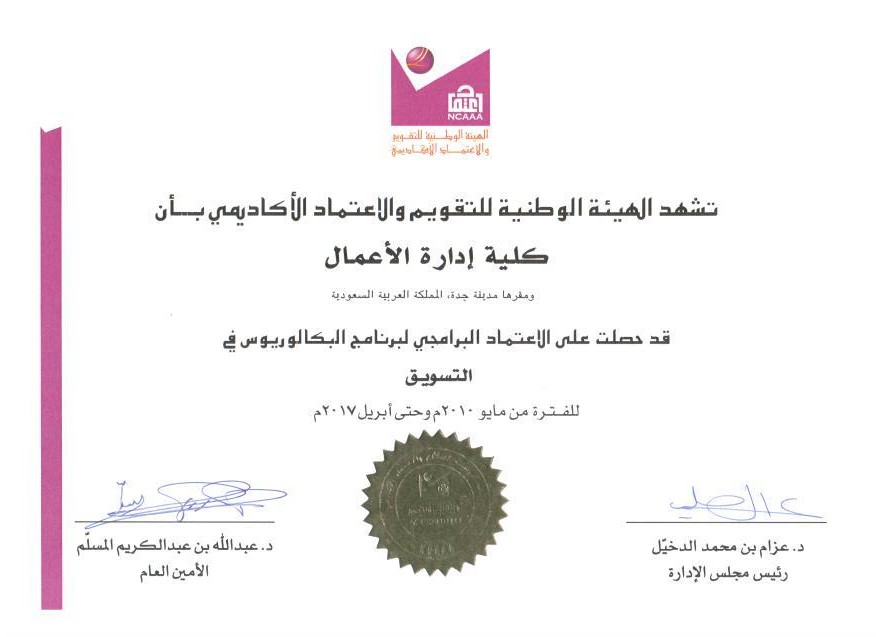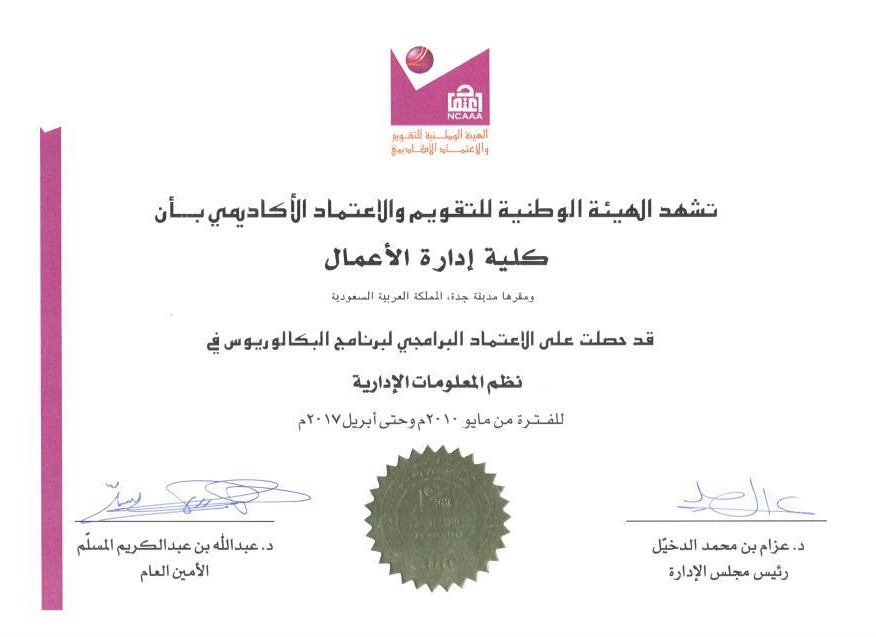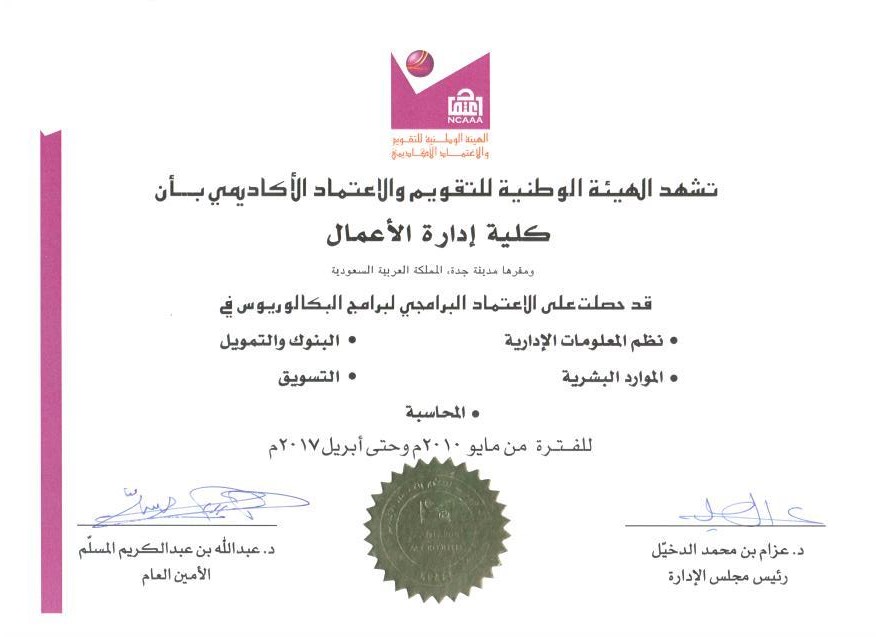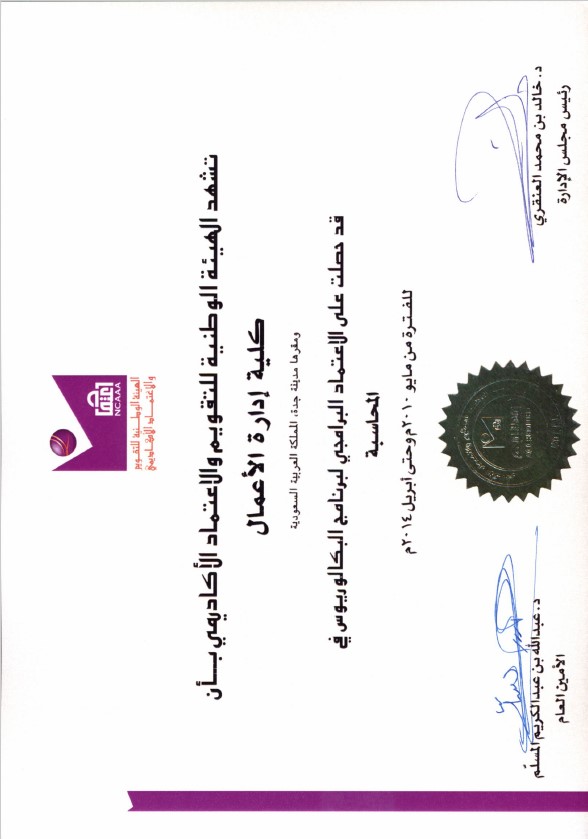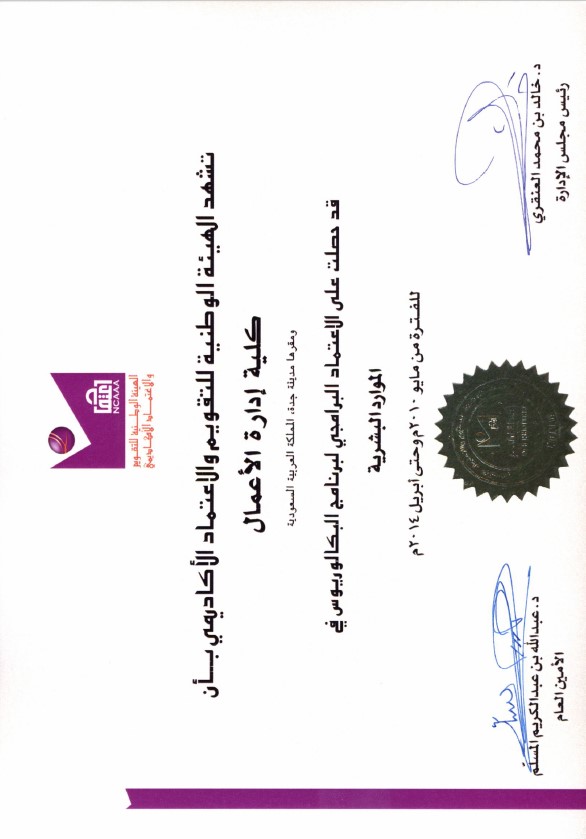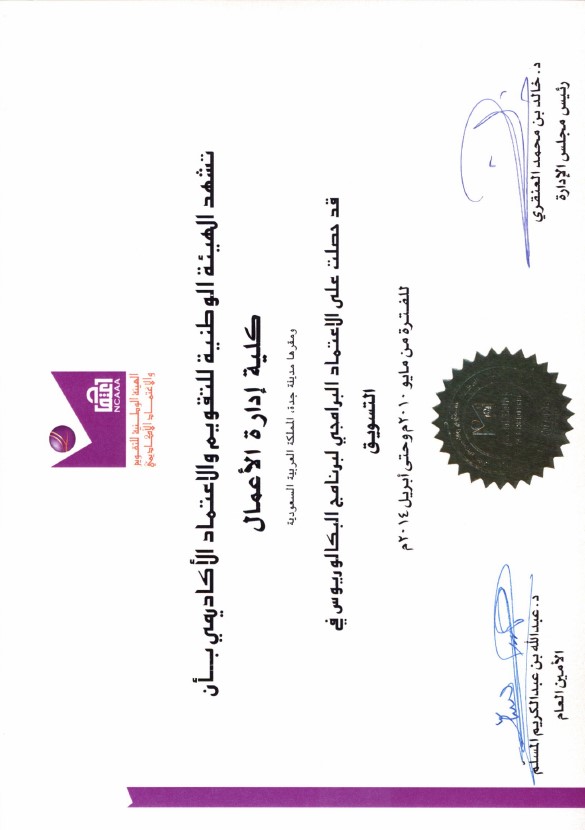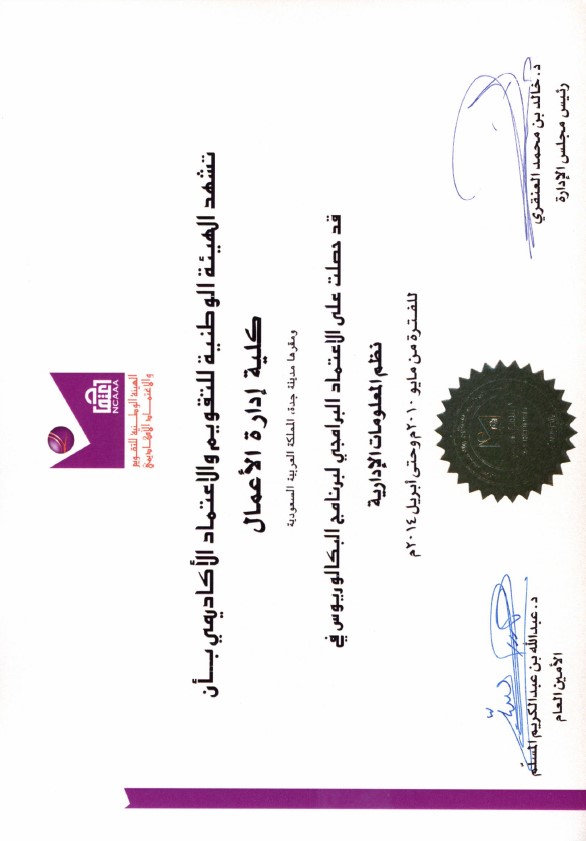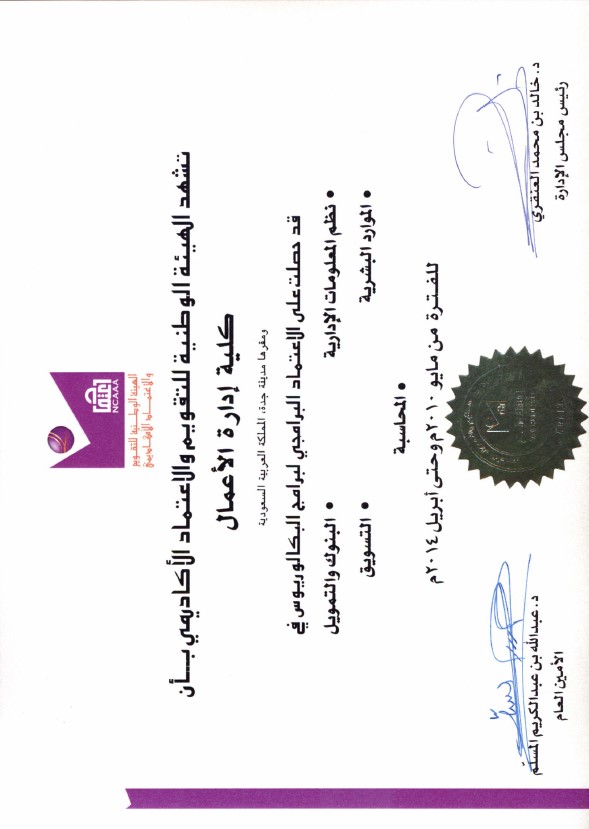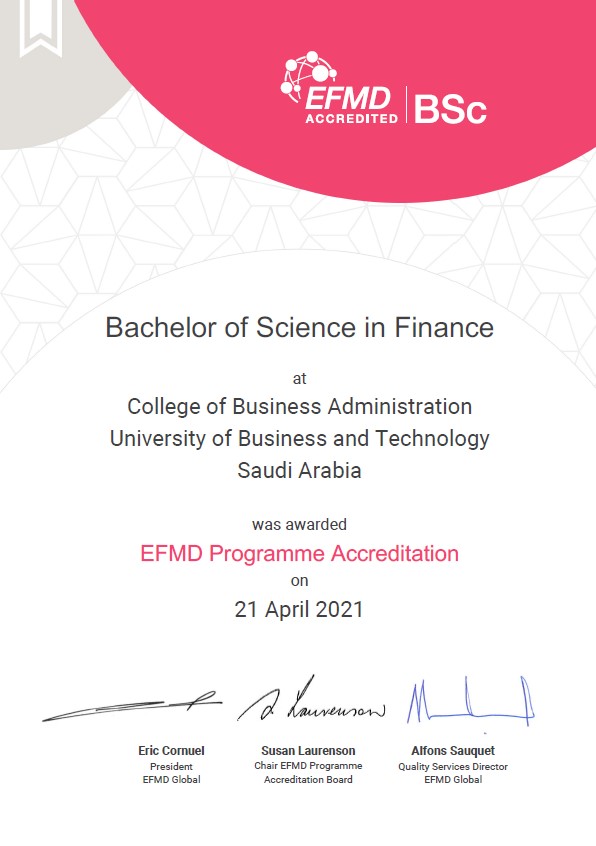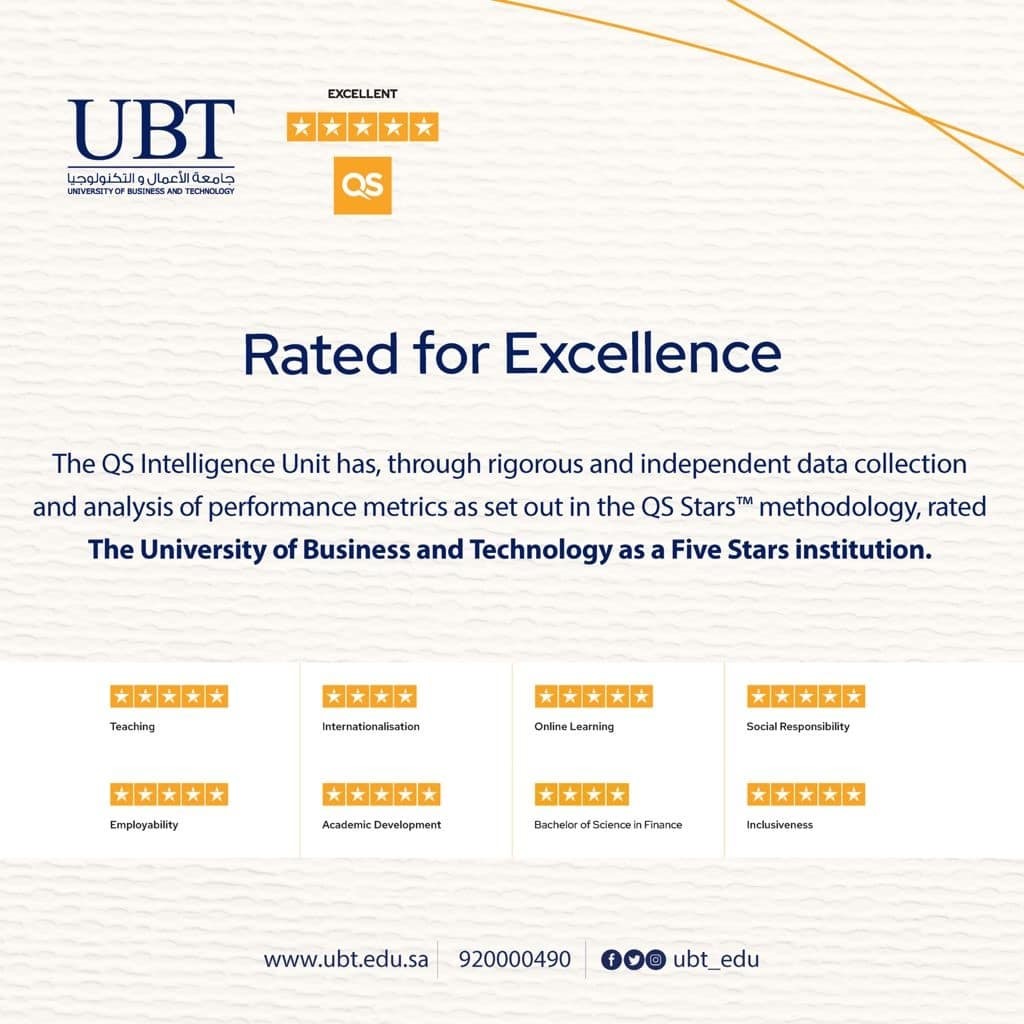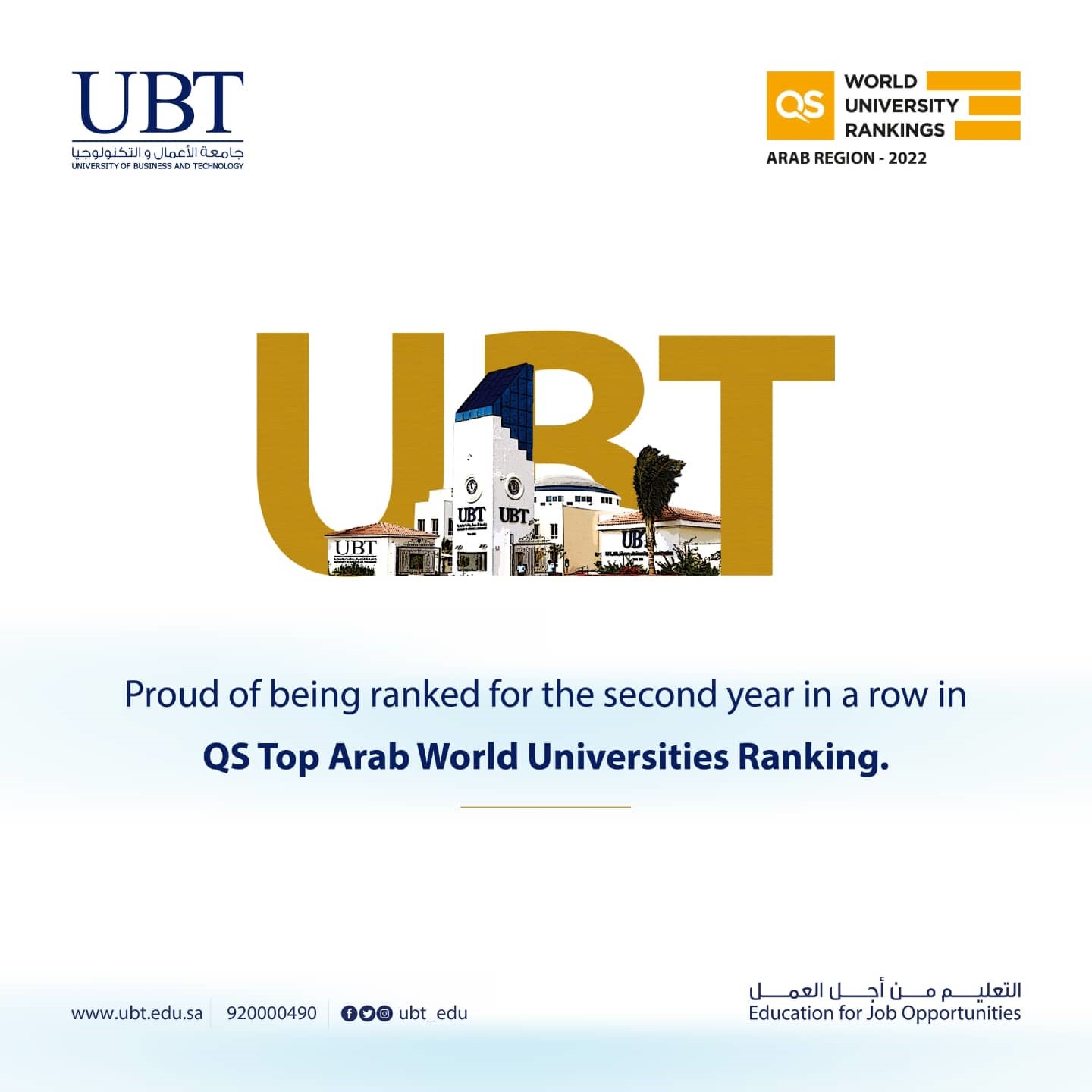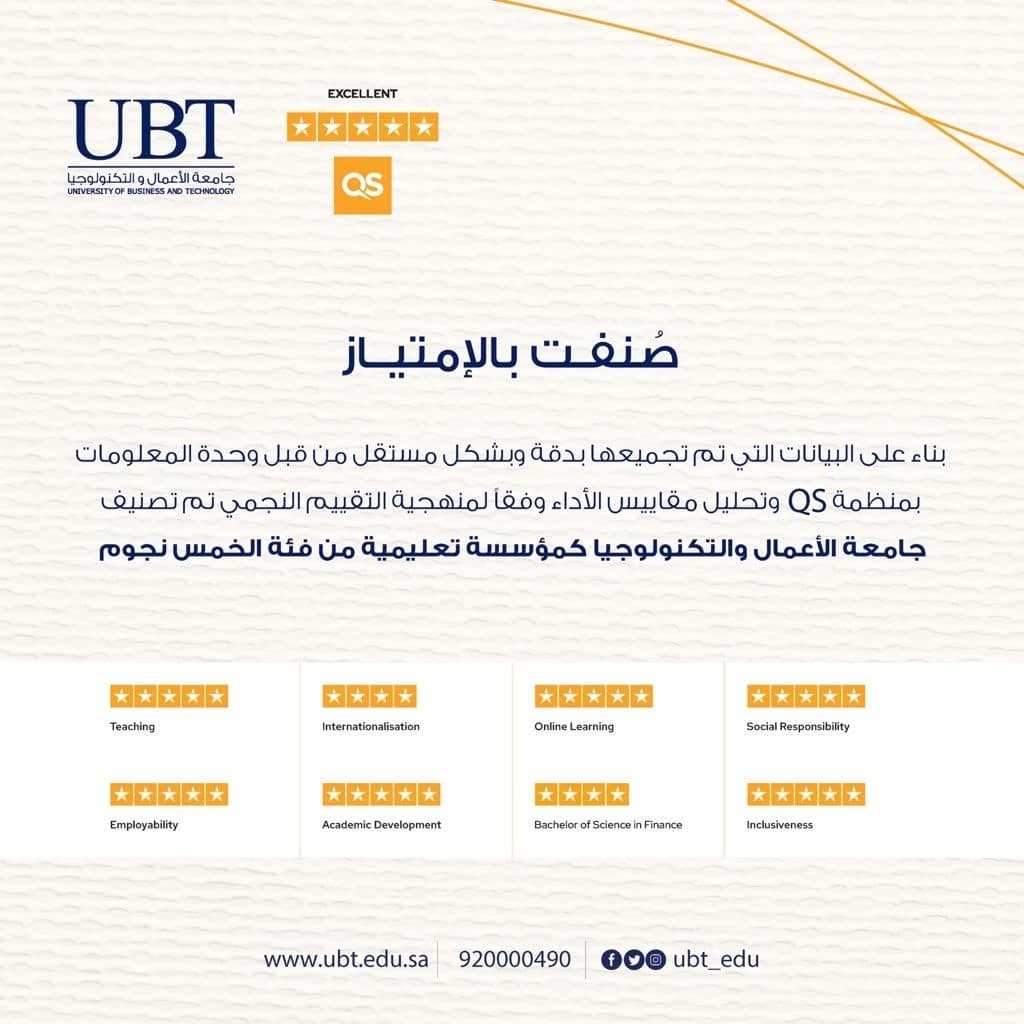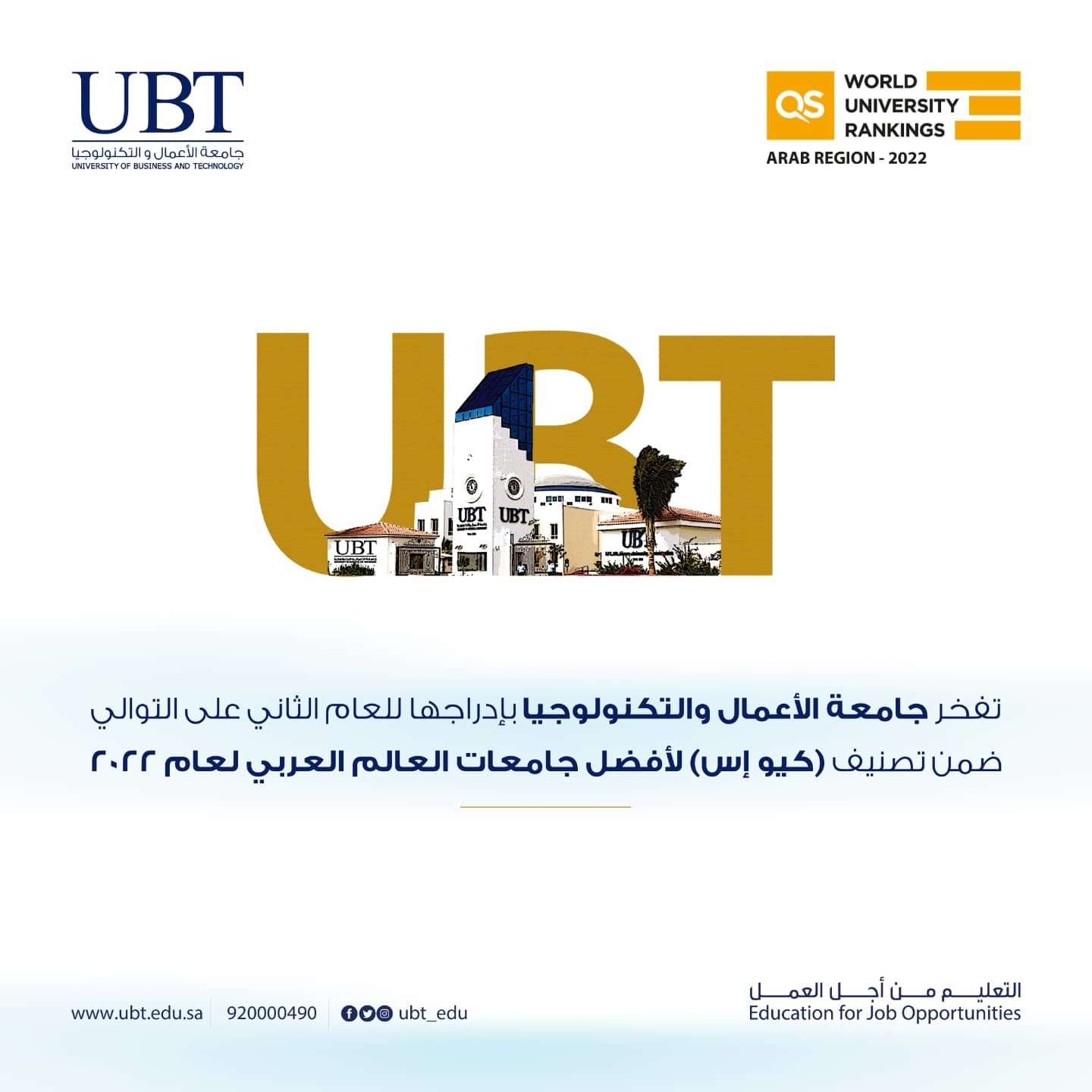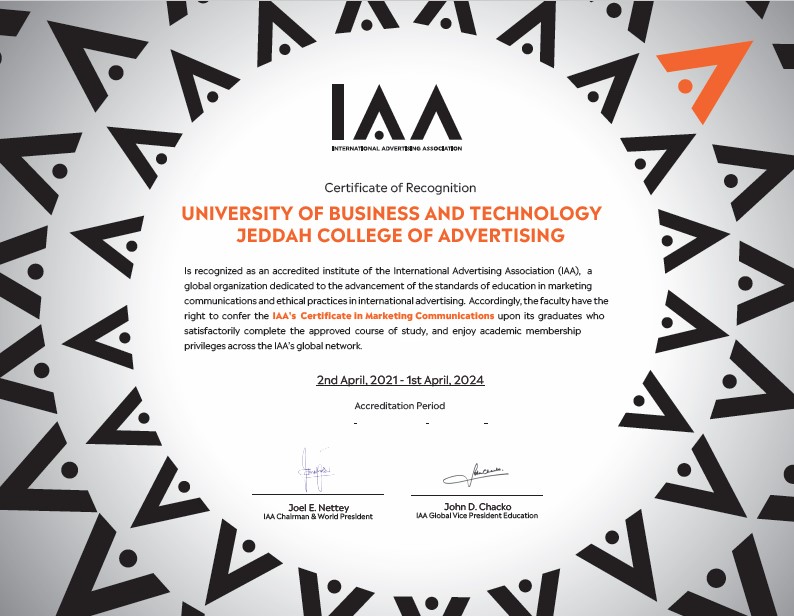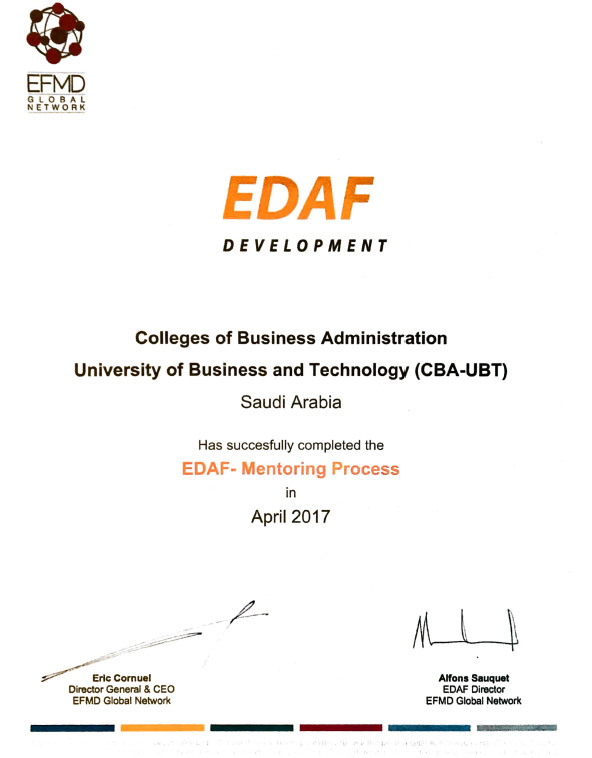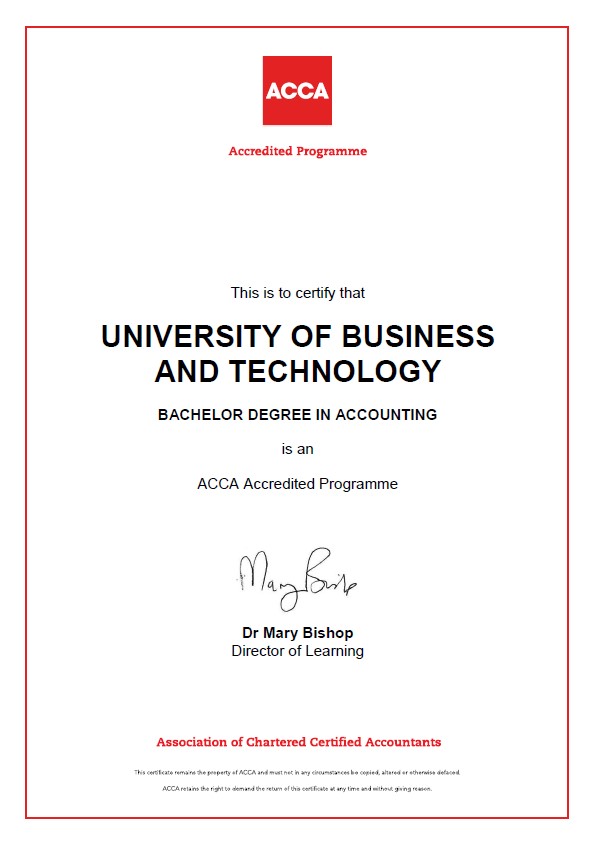
Electrical engineering is a branch of engineering that basically deals with the study and application of electronics, electricity, and electromagnetic waves. This branch first became a well-known occupation at the end of the 19th century after the invention of the telephone, electric telegraph, and electric power use and distribution. It now has a variety of applications such as computers, electronics, power engineering, biomedical engineering, signal processing, telecommunications, and RF engineering.

Electrical Engineers design power systems

Electrical Engineers design Electronic Systems
Electrical engineering includes electronic engineering. This distinction is only found in the US. Electrical engineering deals with the applications associated with systems like electric power systems, and electrical machines. However, electronic engineering is the study of electronic systems including digital computers, optoelectronics, integrated circuits, communication systems, and radar.
In other words, electrical engineering is usually concentrated on using electricity to transmit electric data or power, while electronic engineering uses electricity to process information. Both of them can overlap, for instance, in the increase of power electronics, and the study of the behavior of large electrical grids under the control of electronics and computers.
Computer engineering is a branch that combines many fields of electrical engineering and computer science required to enhance computer software and hardware. It is necessary for computer engineers to have experience in electronic engineering , software skills, and hardware-software integration instead of only software engineering or electronics. Computer engineering is necessary for many software and hardware aspects of computing, from the design of microprocessors, microcomputers, personal computers, and supercomputers, to simple electronic circuit design. This field of engineering not only concentrates on how computers themselves work, but also how they integrate into the larger image.
Traditional jobs involving computer engineers include writing firmware and software for embedded microcontrollers, fabricating VLSI chips, designing analog detectors, designing operating systems, and designing mixed signal circuit boards. Computer engineers are also involved in robotics research, which depends heavily on using digital systems to control and observe electrical systems like sensors, motors, and communications.
In many universities, computer engineering students are allowed to select in-depth study classes in their junior and senior year, because the full breadth of understanding used in the fabrication and application of computers is beyond the target of an undergraduate degree. Other institutions ask their students to finish one year of general engineering before selecting computer engineering as their primary focus.
Michael Farady formed the foundation of electric motor technology
Electricity has been a hot subject of research since the early 17th century. The first electrical engineer was William Gilbert who fabricated the versorium: an apparatus that sensed the presence of statically charged bodies. He was also the first to draw a clear difference between static electricity and magnetism and is credited with coining the word electricity. In 1775, Alessandro Volta's scientific experimentations designed the electrophorus, a device that generated a static electric charge, and in 1800 Volta developed the voltaic pile, a forerunner of the electric battery.
The invention of the transistor in late 1947 by William B. Shockley opened the door for more smaller devices which led to the development of the integrated circuit in 1958 by Jack Kilby; and independently in 1959, by Robert Noyce. In 1968, Ted Hoff et al at the Intel Corporation invented the first microprocessor, which was the basis of the personal computer. The Intel 4004 was a four-bit processor produced in 1971, but in 1973, the Intel 8080, an eight-bit processor, led to the creation of the first personal computer.
In 1972, the first computer engineering degree in the US was established at Case Western Reserve University. In 2004, there were 170 ABET-accredited computer engineering programs in the US. In Europe, accreditation of computer engineering programs is done by a different agency – part of the EQANIE network. Due to the growth in job requirements for engineers, who can concurrently develop hardware, software and firmware; as well as manage all forms of computer systems used in industry, some tertiary school around the world offer a bachelor's degree generally called computer engineering. Both computer electronic engineering programs include analog and digital circuit design in their curricula. As with most engineering disciplines, having a good background in mathematics and science is necessary for computer engineers.
Specialty Areas
Electrical engineering has many sub-disciplines, the most popular of which are listed below. Although there are electrical engineers who focus exclusively on one of these sub-disciplines, many deal with a combination of them. Sometimes certain fields, such as electronic engineering and computer engineering, are considered separate disciplines in their own right.
Power engineering:
Power engineering deals with the generation, transmission and distribution of electricity, as well as the design of a range of related devices. These include transformers, electric generators, electric motors, high voltage engineering, and power electronics. In many regions of the world, governments maintain an electrical network called a power grid that connects a variety of generators together with users of their energy.
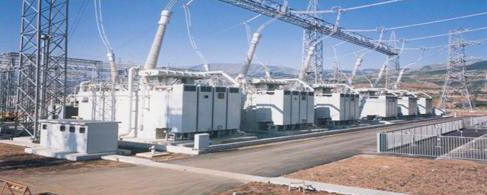 Power plant
Power plant
Users purchase electrical energy from the grid, avoiding the costly exercise of having to generate their own. Power engineers may work on the design and maintenance of the power grid as well as the power systems that connect to it. Such systems are called on-grid power systems and may supply the grid with additional power, draw power from the grid or do both. Power engineers may also work on systems that do not connect to the grid, called off-grid power systems, which in some cases are preferable to on-grid systems. The future includes Satellite controlled power systems, with feedback in real time to prevent power surges and prevent blackouts.
 Control engineering in space flights
Control engineering in space flights
The modeling of a diverse range of dynamic systems and the design of controllers is one of the main tasks of control engineering. To implement such controller’s, electrical engineers can use electrical circuits, DSP, micro controllers and PLCs. Control engineering has a huge range of applications from the flight and propulsion systems of commercial airliners to the cruise control present in many modern cars. It also plays an important role in industrial automation.
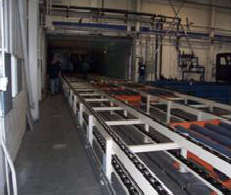 Control engineering in production lines.
Control engineering in production lines.
Control engineers utilize feedback when designing control systems. In a car with cruise control the vehicle's speed is monitored and fed back to the system which adjusts the power output accordingly. Where there is regular feedback, control theory is used to determine the system response to feedback.
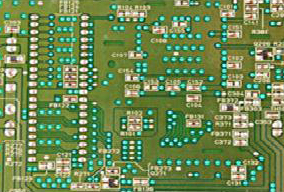 Electronic circuit
Electronic circuit
Electronic engineering deals with the design and testing of any electronic circuits that use the properties of components. Resistors, capacitors, inductors, diodes and transistors are used to achieve a particular function in a system. The tuned circuit, which allows the user of a radio to filter out all signals except the single station, is a simple example of such circuit.
 Electronic components
Electronic components
Before the integrated circuit was invented in 1959, electronic circuits were constructed from discrete components. These discrete circuits consumed much power and space, and were limited in speed, although they were common in some applications. By contrast, integrated circuits packed a large number of tiny electrical components, mainly transistors, into a small chip. This resulted in the powerful computers and other electronic devices we see today.
Microelectronics
Microelectronics engineers have the ability to deal with the design and micro fabrication of very small electronic circuit components for use in an integrated circuit or sometimes for use on their own as a general electronic component. Common microelectronic components are semiconductor transistors.
Nano-electronics is the further scaling of devices down to nanometer scale. Modern devices are in the nanometer regime, with below 100 nm processing having been standard since about 2010.
 Computer motherboard
Computer motherboard
Microelectronic components are chemically fabricated wafers of semiconductors such as silicon, Si, (at higher frequencies, compound semiconductors like gallium arsenide and indium phosphide) for obtaining the desired transport of electronic charge and control of current. The field of micro electronics contains a significant amount of chemistry and material science and needs the electronic engineer working in the field to have a good working knowledge of the effects of quantum mechanics.
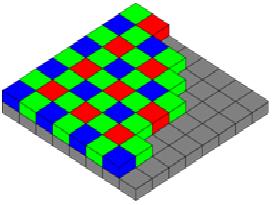 Signal processing engineering
Signal processing engineering
The analysis and manipulation of signals is the main task of signal processing. Signals are divided into analog or digital signals. In analog signals, the signal varies continuously according to the data, but in digital signals, the signal varies according to a series of discrete values representing the information. For analog signals, signal processing may involve the filtering or amplification of audio signals for audio equipment or the modulation and demodulation of signals for telecommunications. For digital signals, signal processing may concentrate on the compression, error detection and error correction of digitally sampled signals.
Signal processing is a very hot area that is rapidly expanding with new applications in most of the fields of electrical engineering such as communications, control, radar, audio engineering, broadcast engineering, power electronics, and bio-medical engineering. Analog signal processing is very important in the design of many control systems.
In every type of modern electronic systems, DSP processor ICs are found and products – including SDTV | HDTV sets, Hi-Fi audio equipment, radios and mobile communication devices, mobile phones, control systems, camcorders and digital cameras, noise cancelling headphones, digital spectrum analyzers, intelligent missile guidance, radar, GPS based cruise control systems and all kinds of image processing, video processing.
 Satellite earth station
Satellite earth station
As the transmission characteristics of a system are determined, telecommunication engineers have the ability to design the transmitter and receiver needed for such systems. Sometimes we can combine these two to form a two-way communication device, which is known as a transceiver. Power consumption is the key consideration in the design of transmitters as this is closely related to the signal strength. If the signal strength of a transmitter is insufficient, the signal data will be distorted by noise.
 Flight instruments
Flight instruments
The sensors of larger electrical systems are usually used with instrumentation. For example, a thermocouple might be used to help ensure that a furnace's temperature remains constant. So, instrumentation engineering is often viewed as the counterpart of control engineering.
Telecommunications
Telecommunications engineering focuses on the transmission of information across a medium such as a coaxial cable, free space, or fiber optics. Transmission via free space requires data to be encoded using a carrier signal wave to shift the data to a carrier frequency suitable for transmission, this is the modulation process. Analog modulation technique includes amplitude modulation (AM) and frequency modulation (FM). Selecting a modulation technique affects the cost and performance of any system and these factors must be balanced by the engineer.
Instrumentation
Instrumentation engineering deals with the design of devices to measure physical quantities like pressure, fluid flow, and temperature. A good understanding of physics is required to design instrumentation that often extends beyond electromagnetic theory. Flight instruments that measure variables such as wind speed and altitude to enable pilots to control aircraft analytically are a good example of the working field. Similarly, thermocouples use the Peltier-Seebeck effect for measuring the temperature gradient.


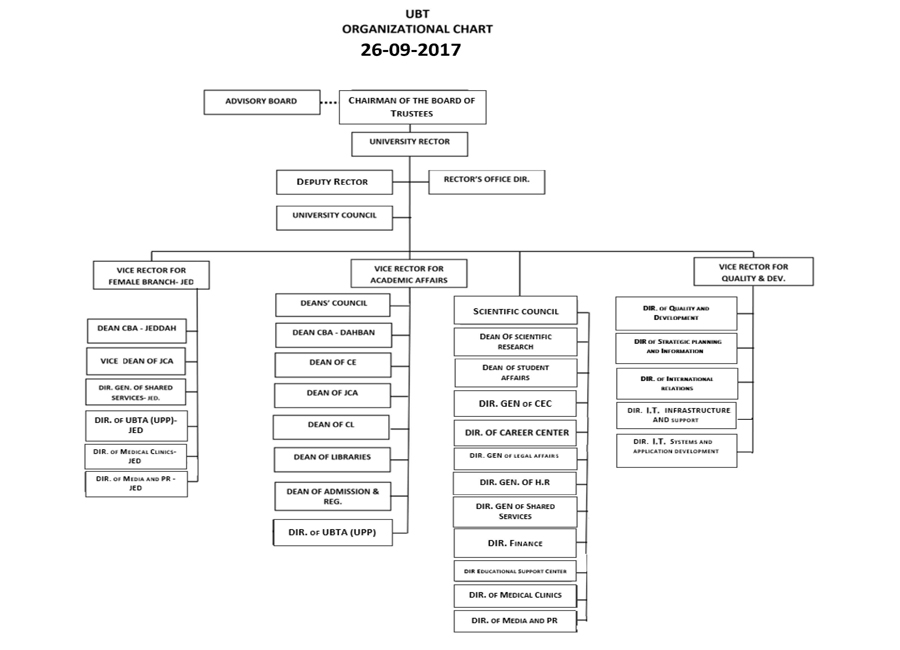

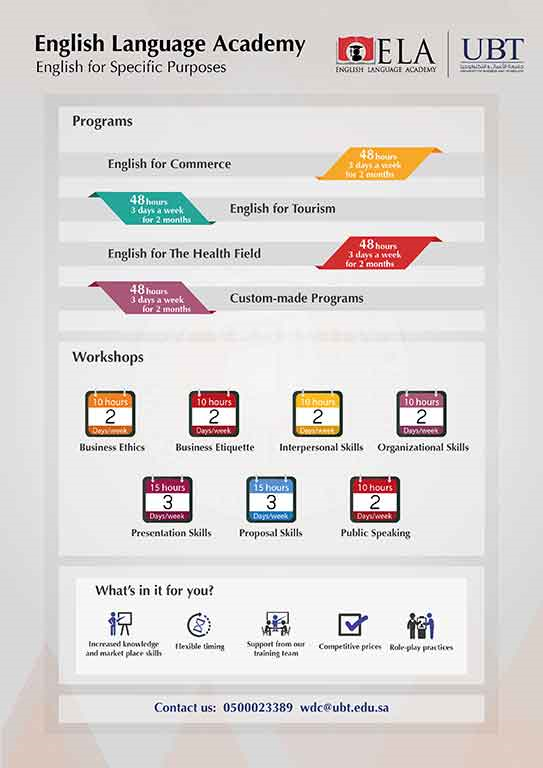
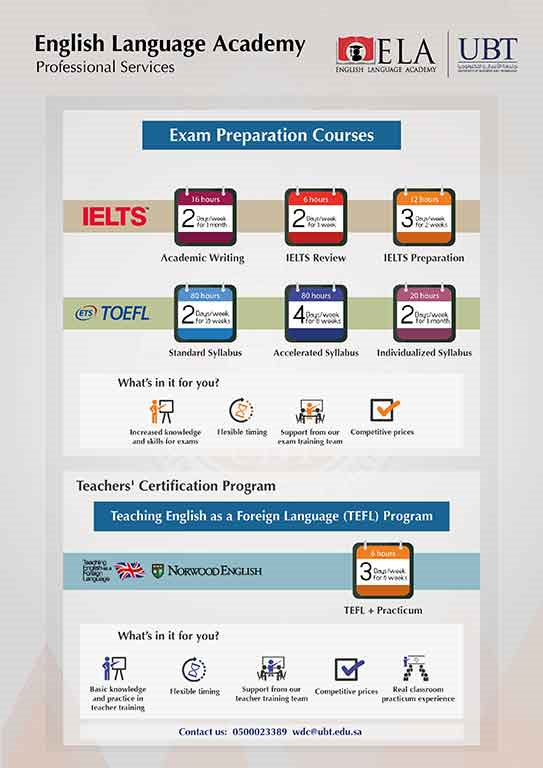








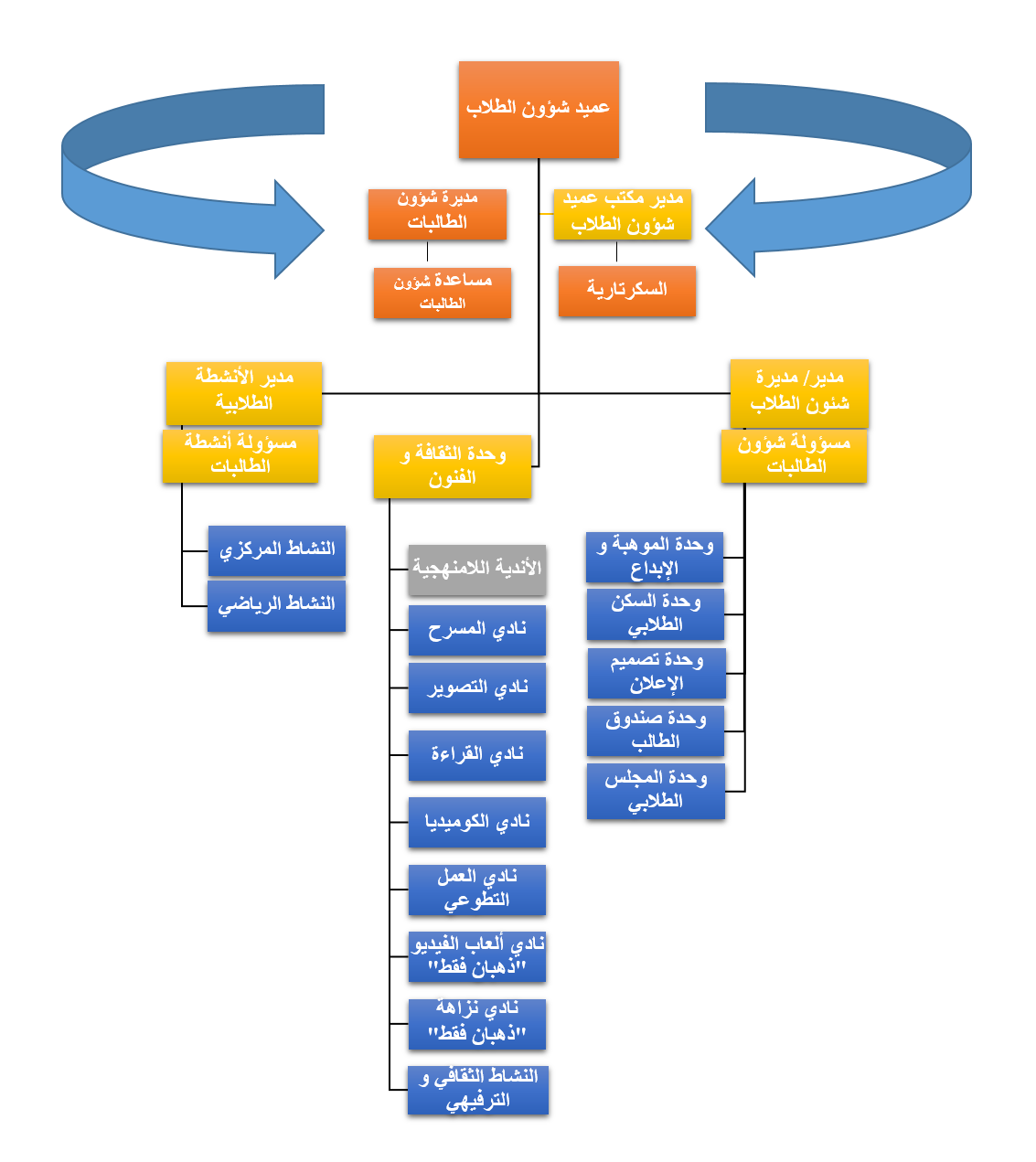
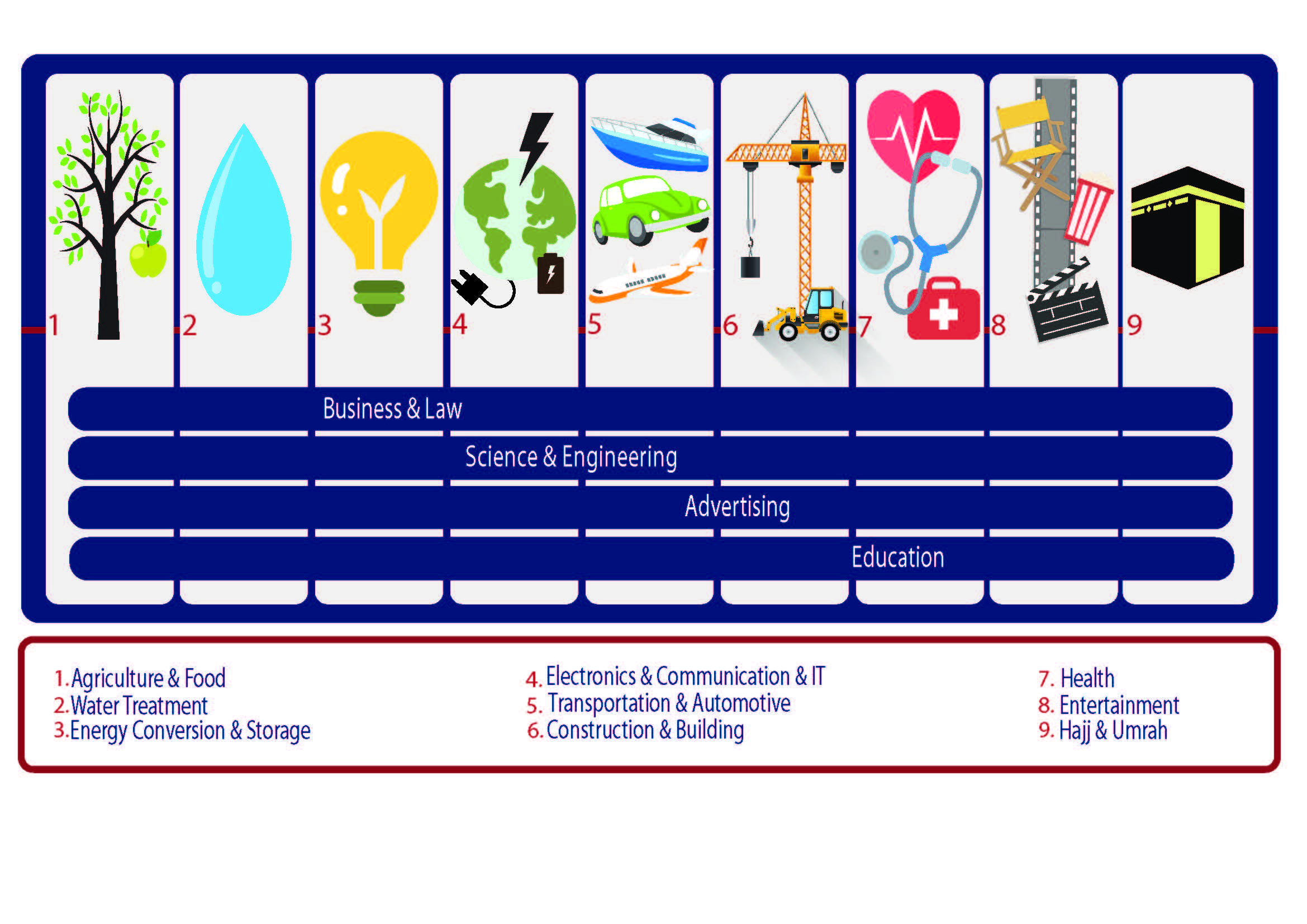
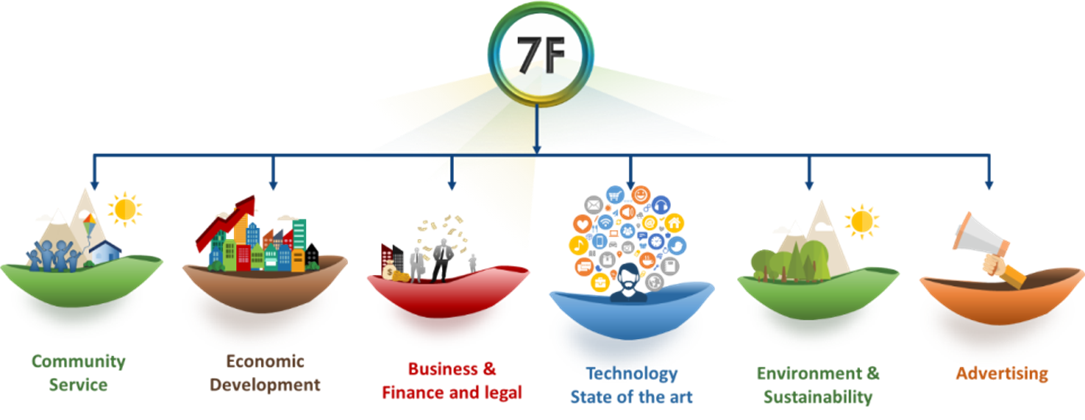
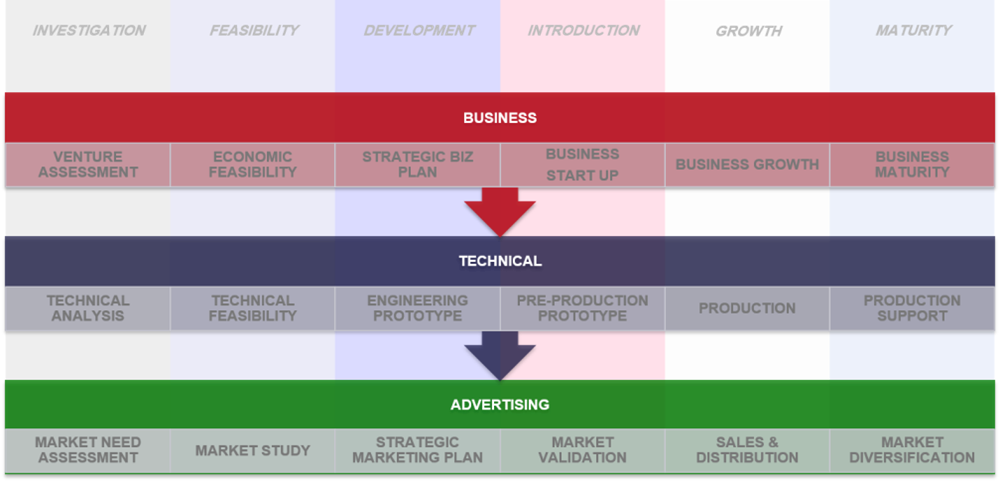
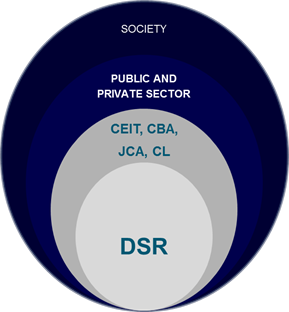
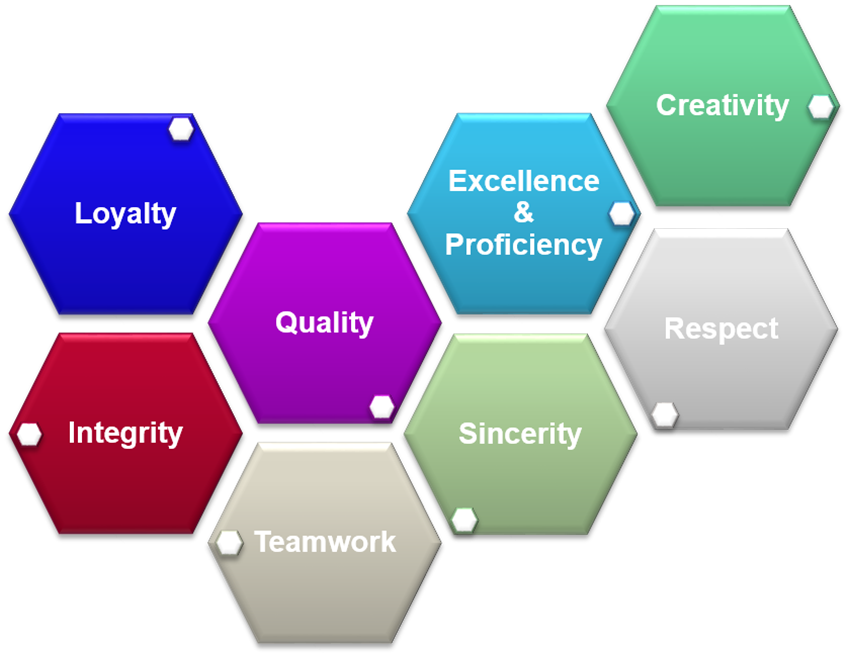
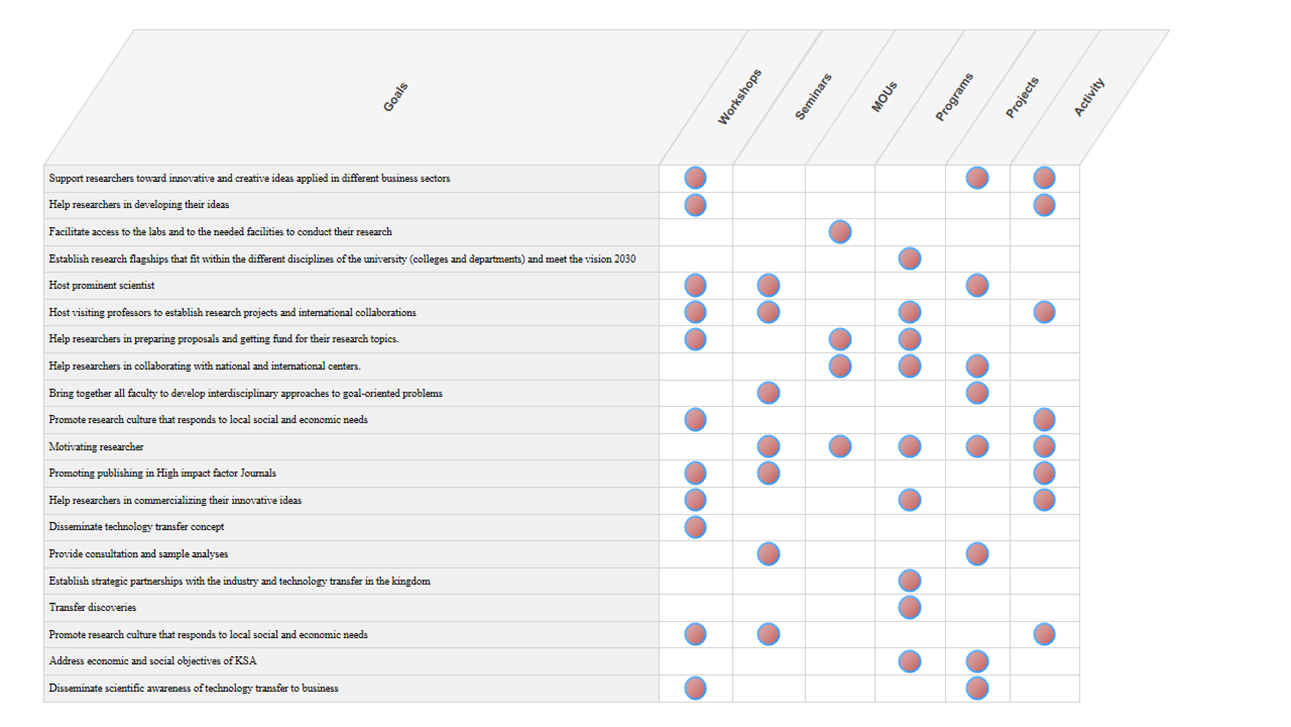
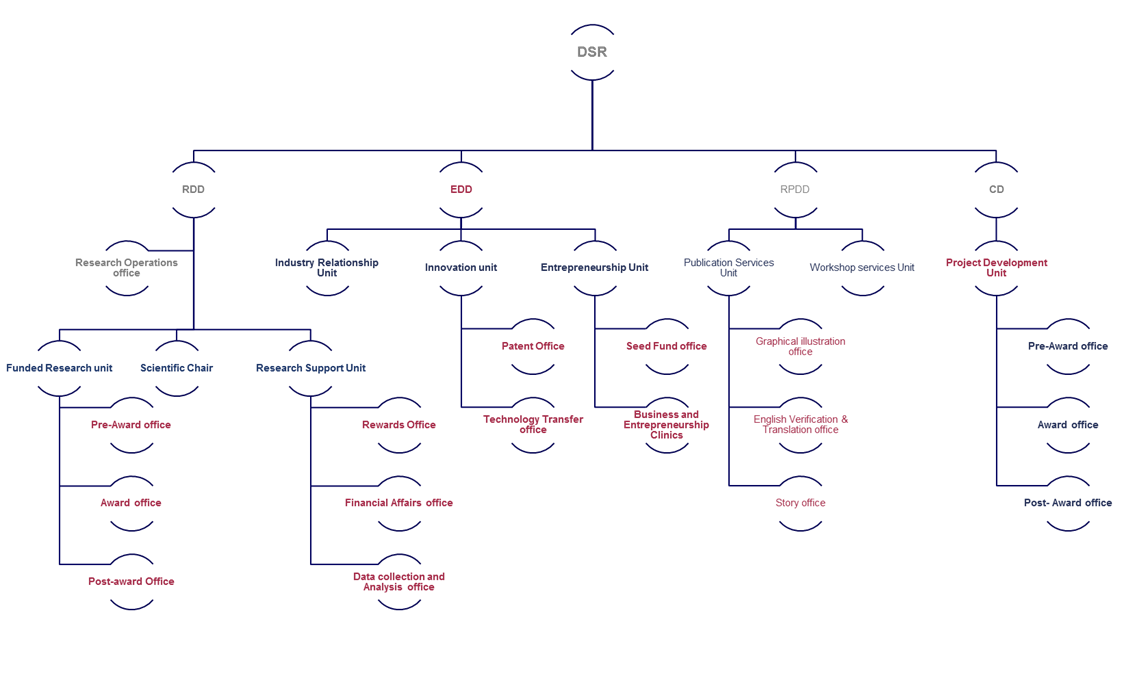

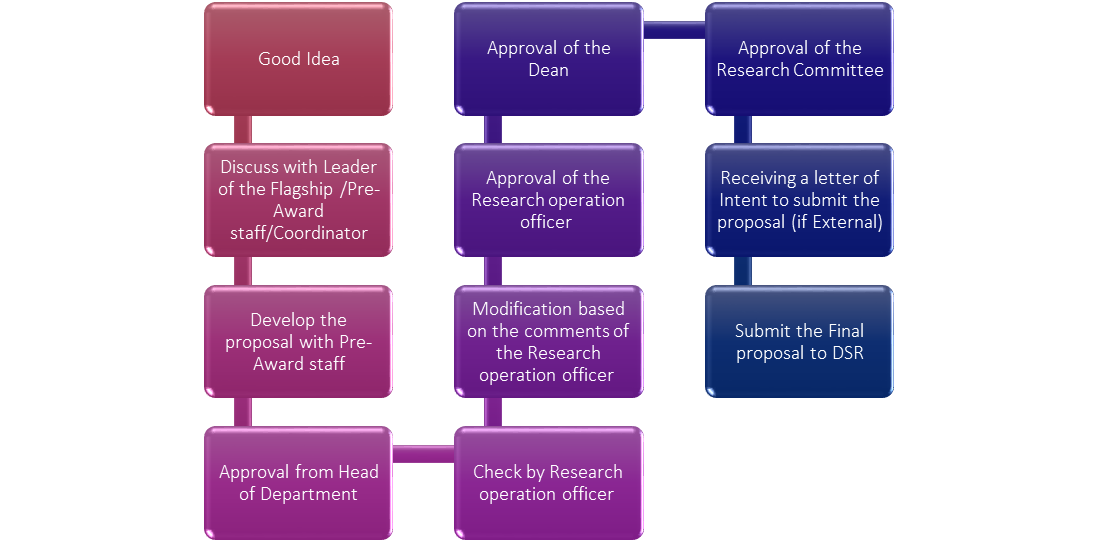



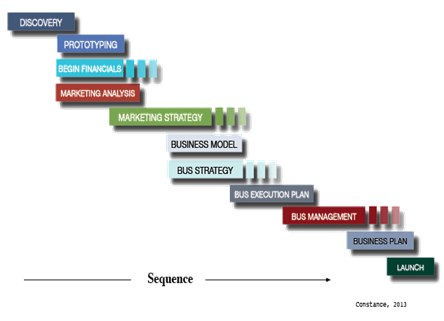



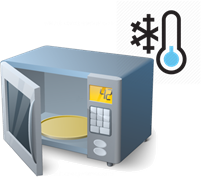
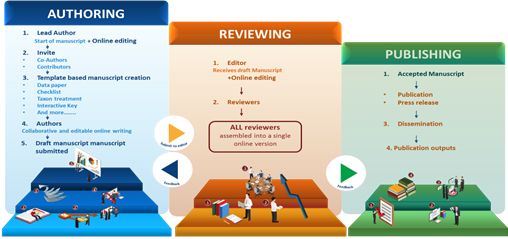


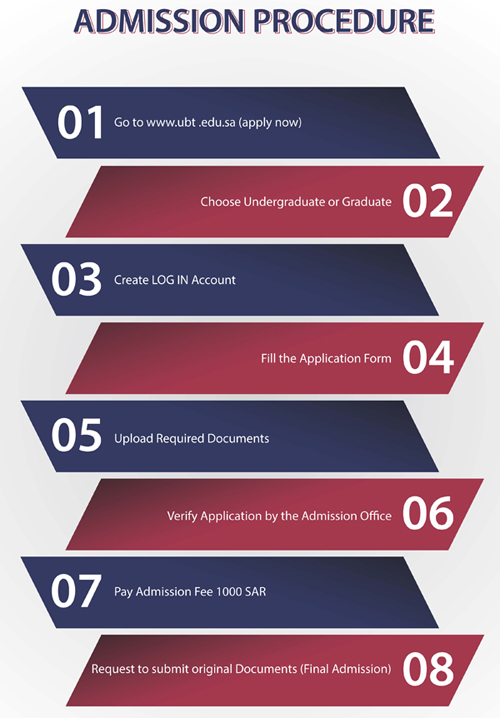











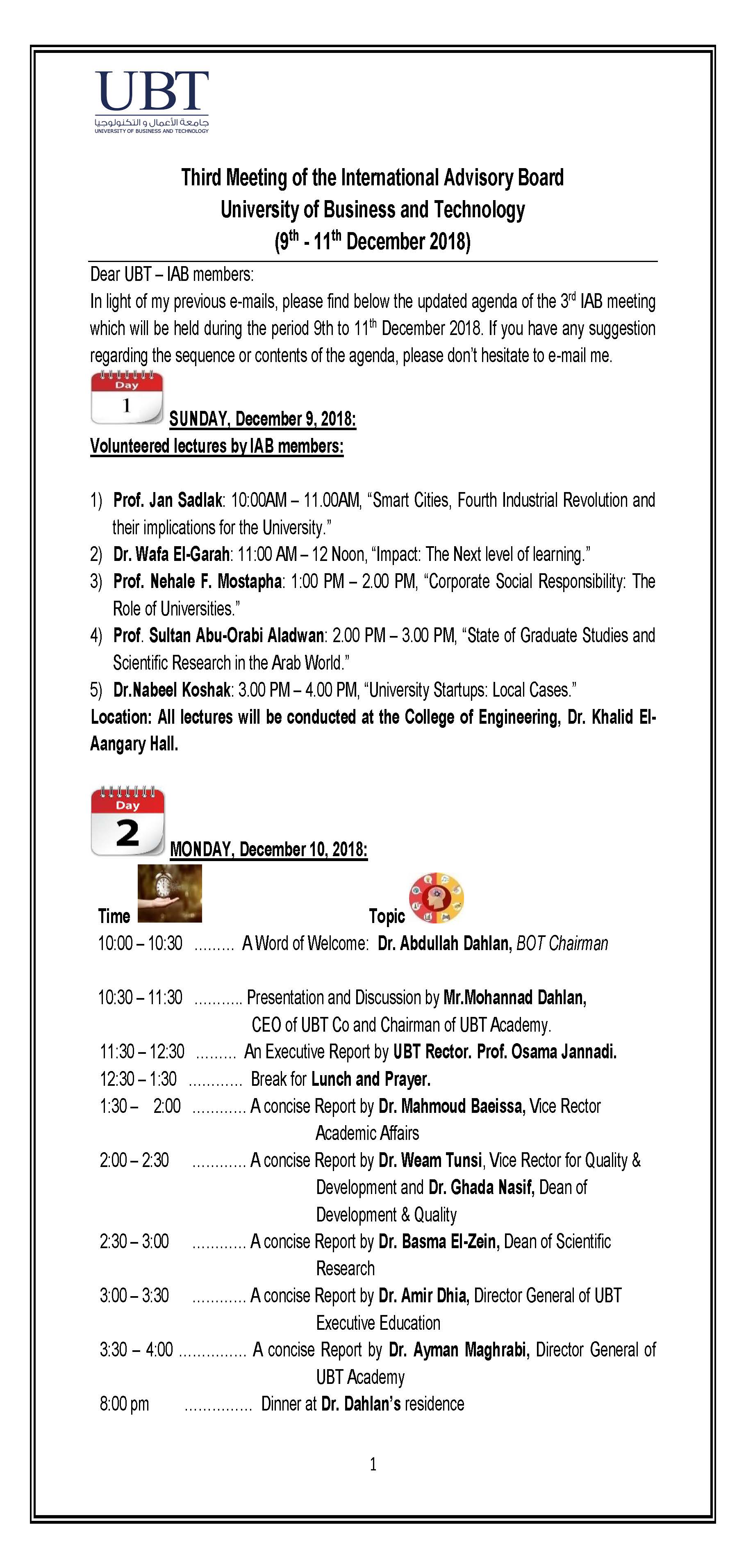
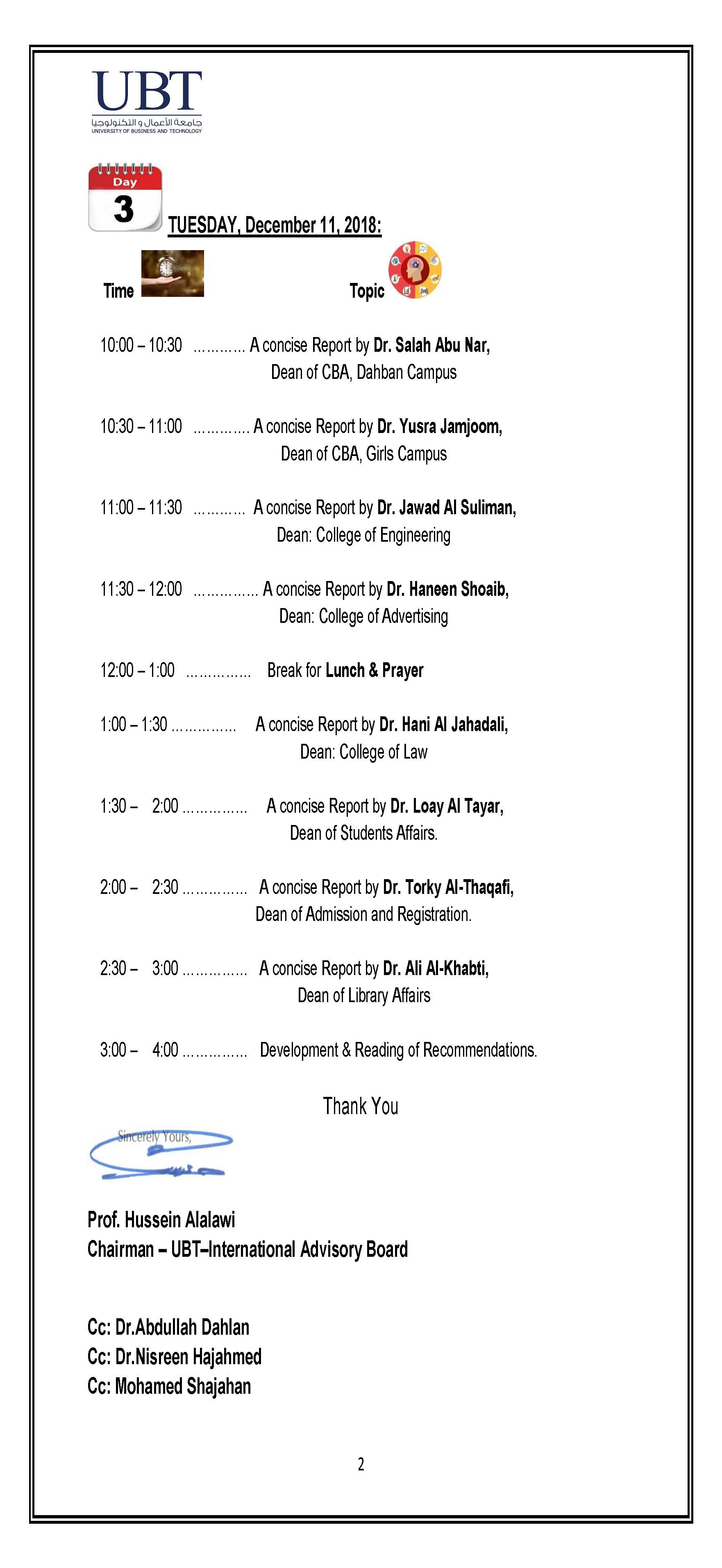

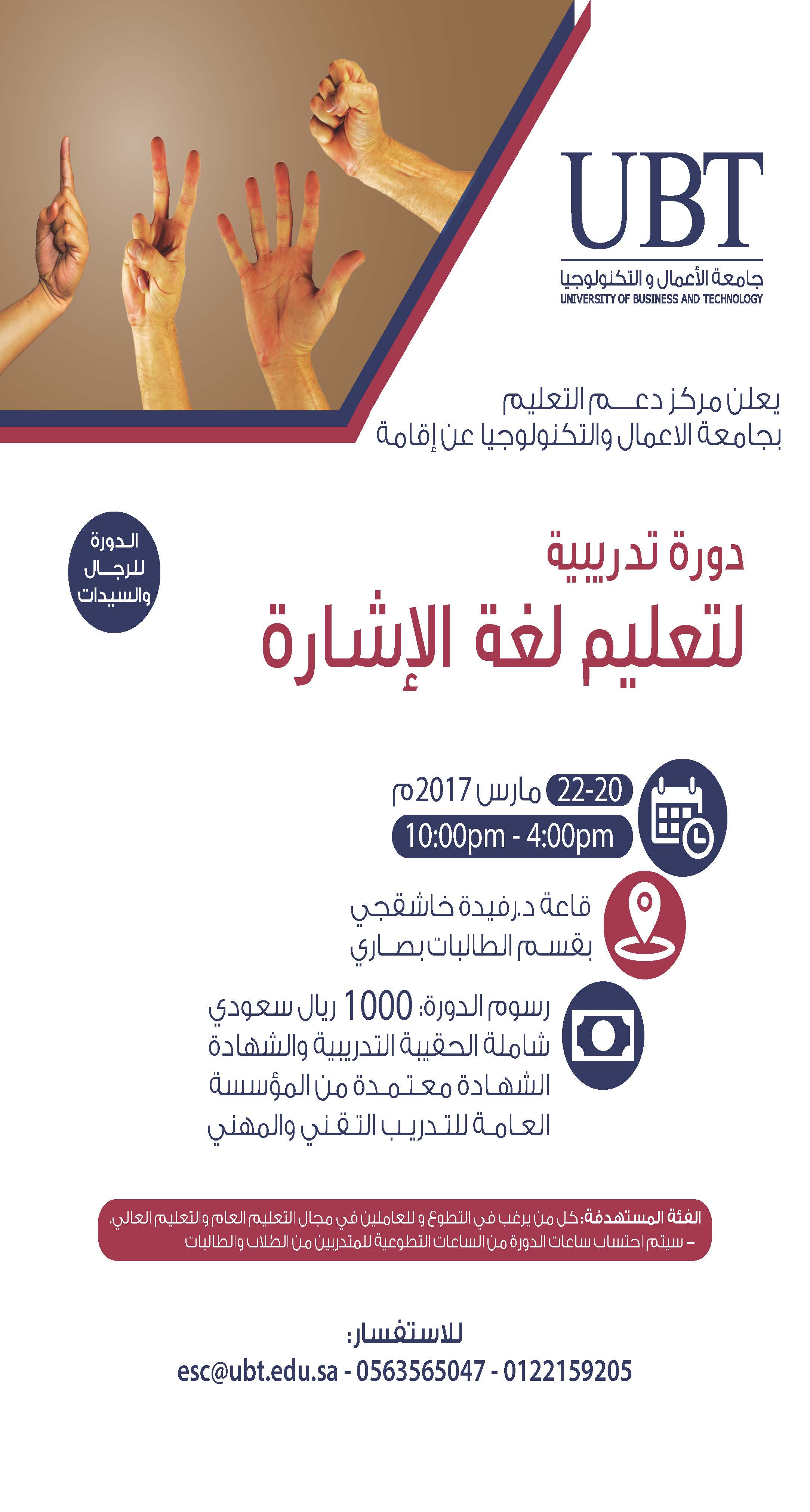
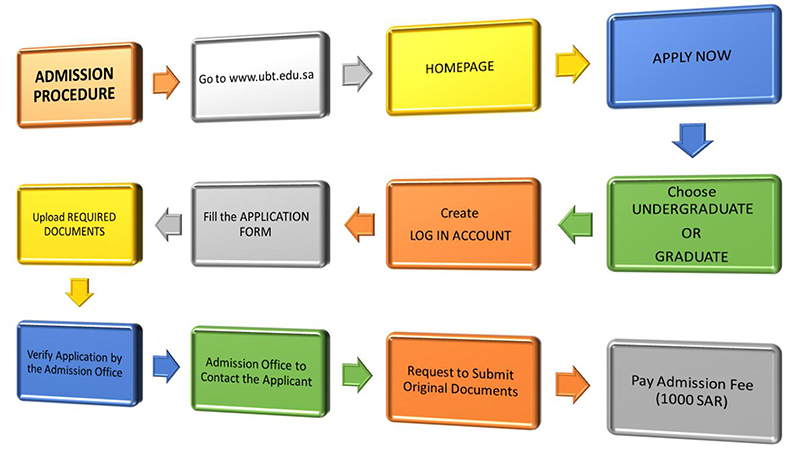






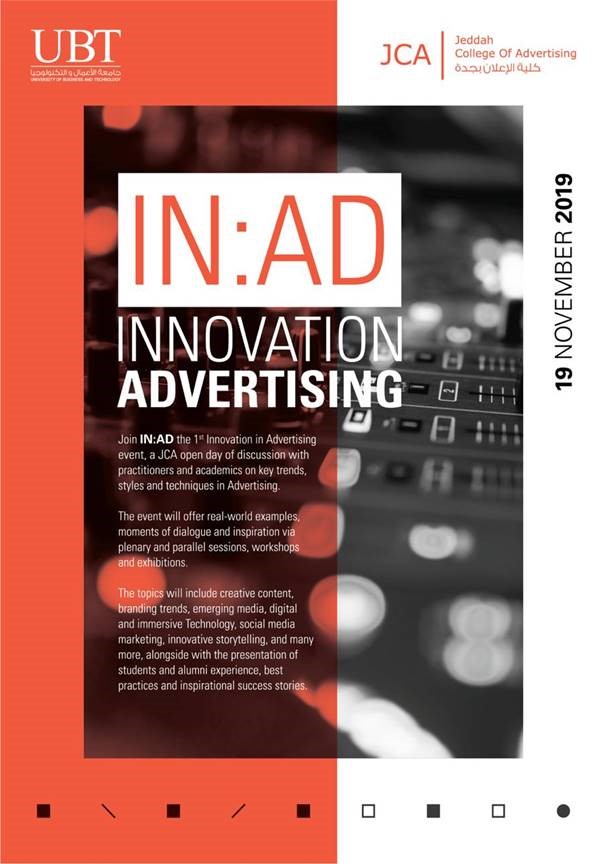
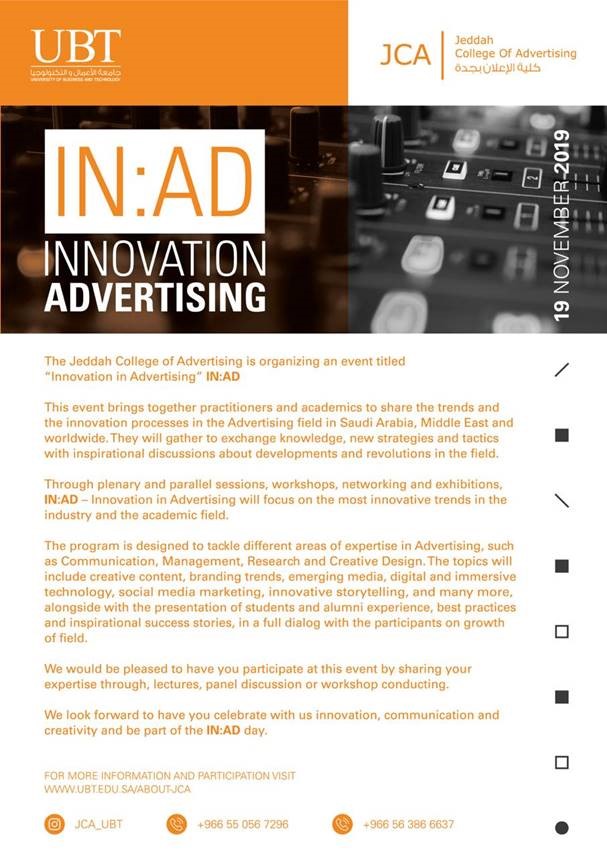

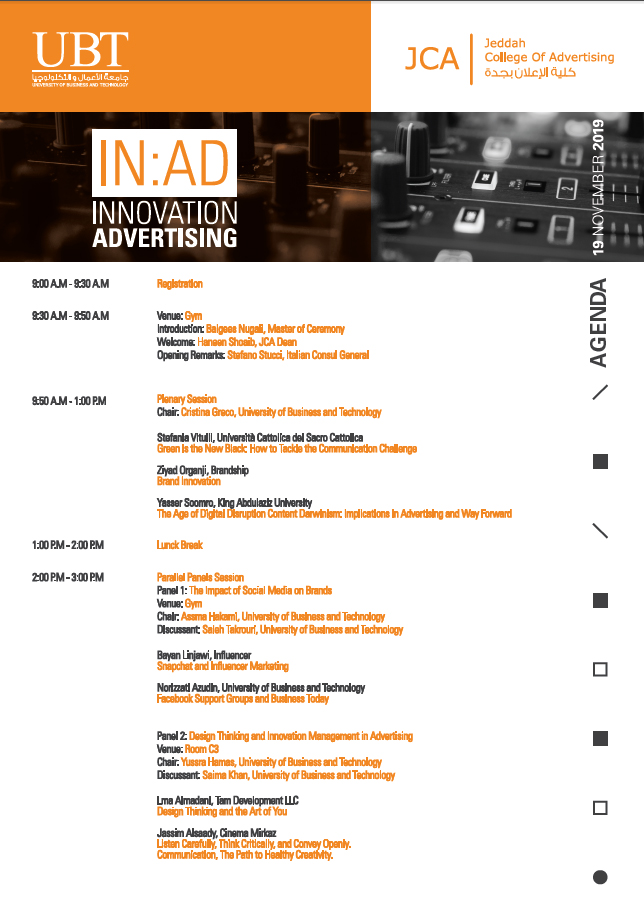


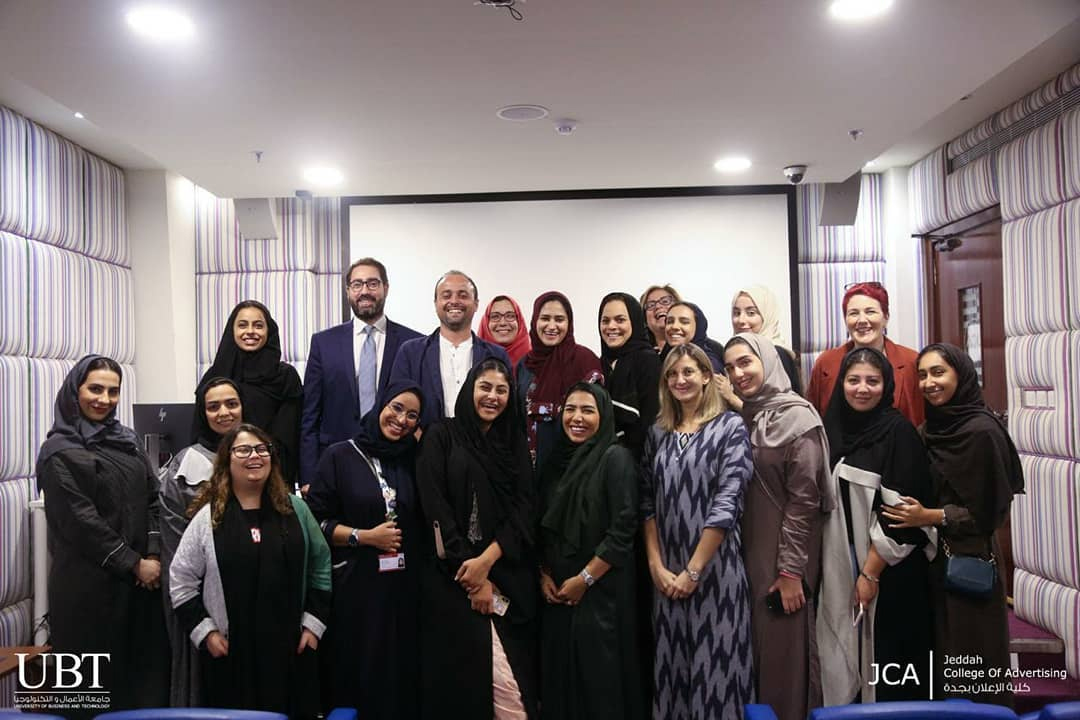
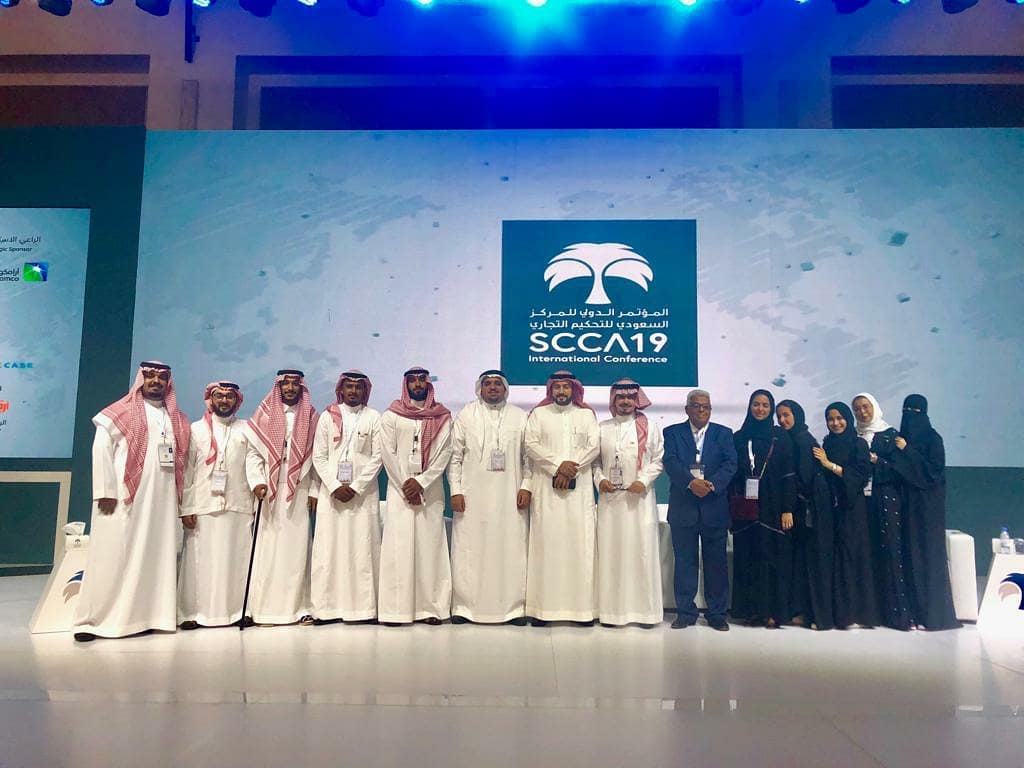

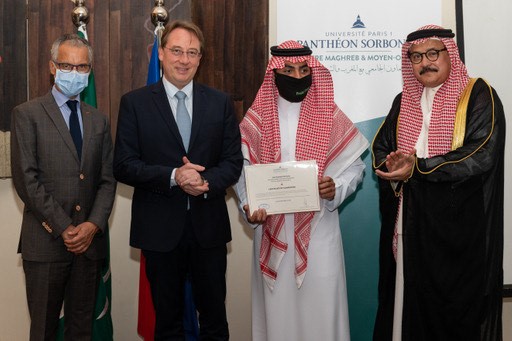
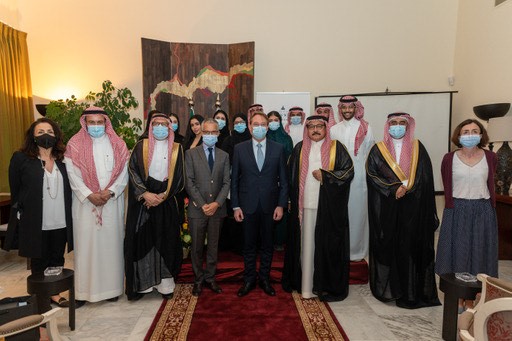
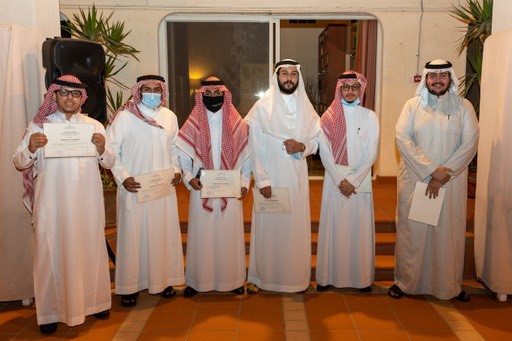
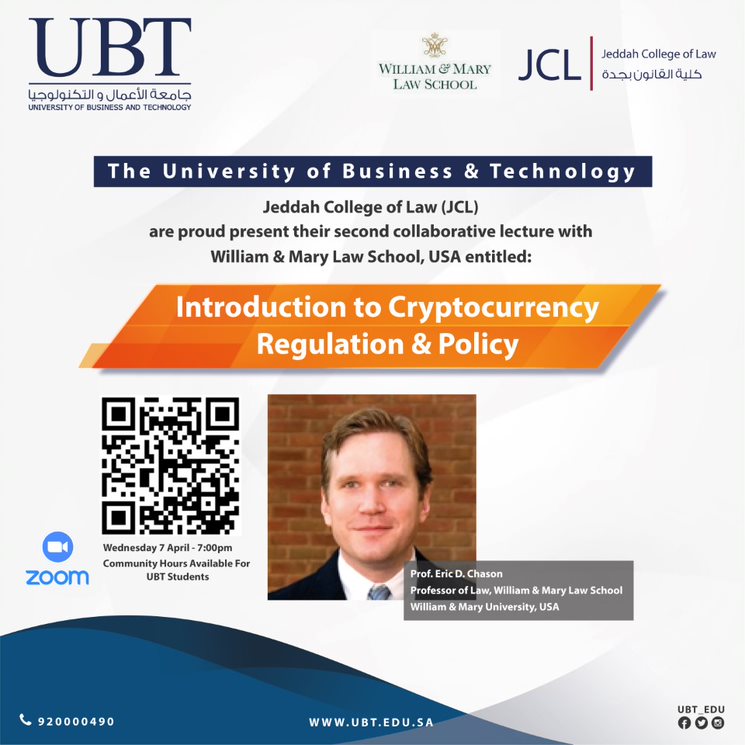
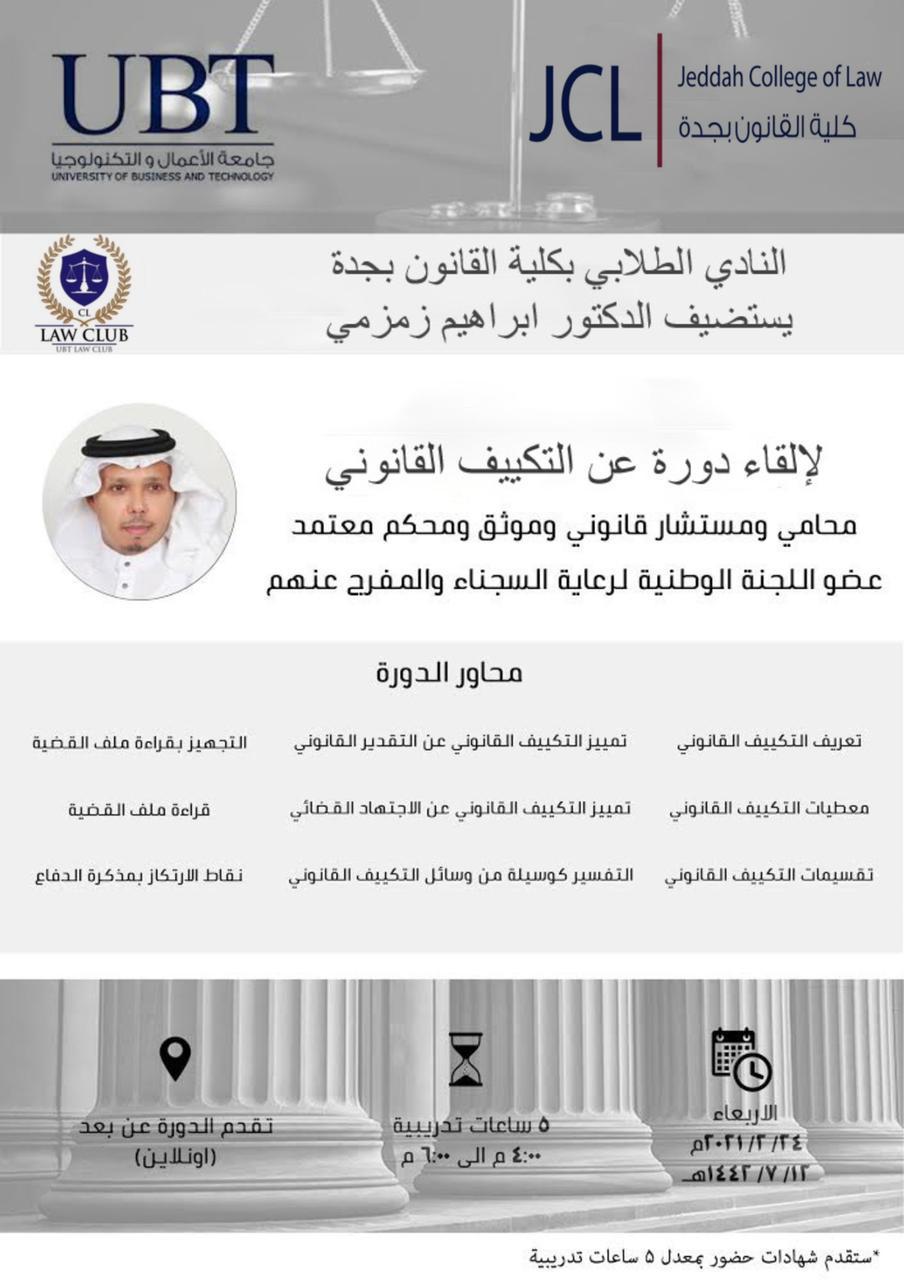
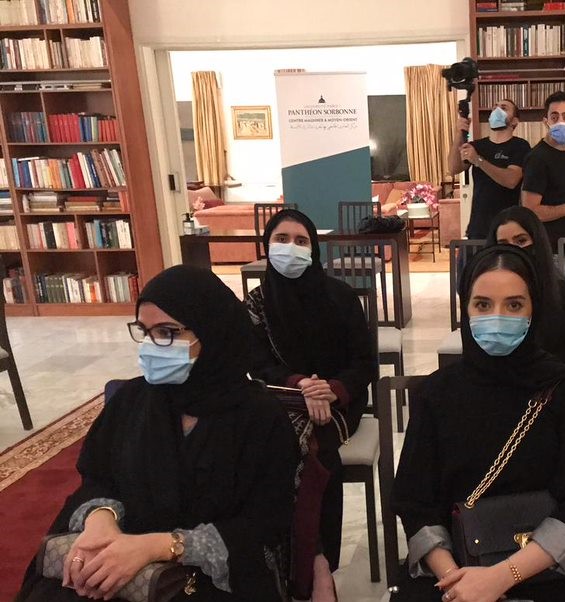

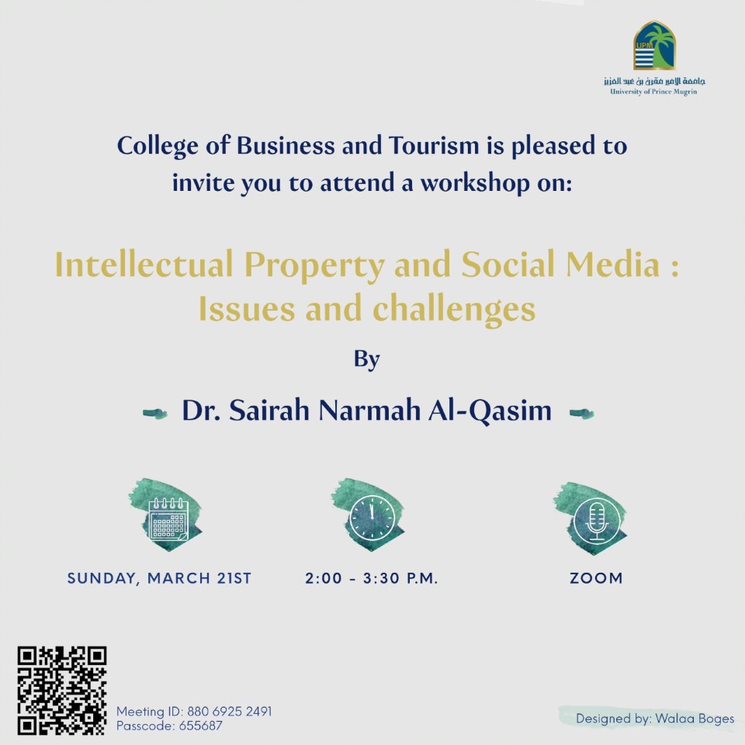
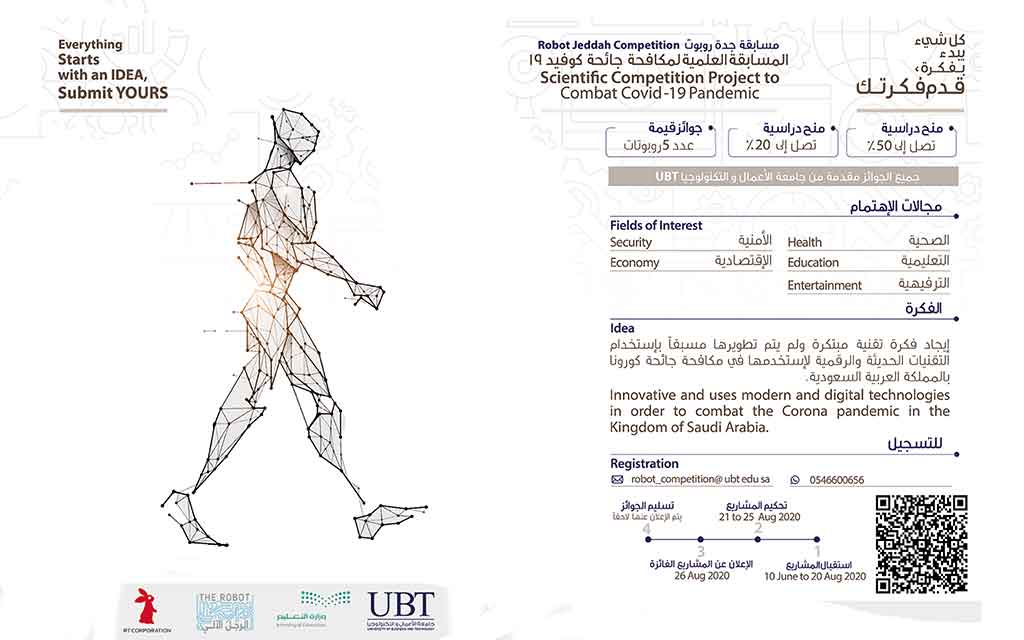

 Electrical Engineers design power systems
Electrical Engineers design power systems
 Electrical Engineers design Electronic Systems
Electrical Engineers design Electronic Systems
 Power plant
Power plant
 Control engineering in space flights
Control engineering in space flights
 Control engineering in production lines.
Control engineering in production lines.
 Electronic circuit
Electronic circuit
 Electronic components
Electronic components
 Computer motherboard
Computer motherboard
 Signal processing engineering
Signal processing engineering
 Satellite earth station
Satellite earth station
 Flight instruments
Flight instruments
